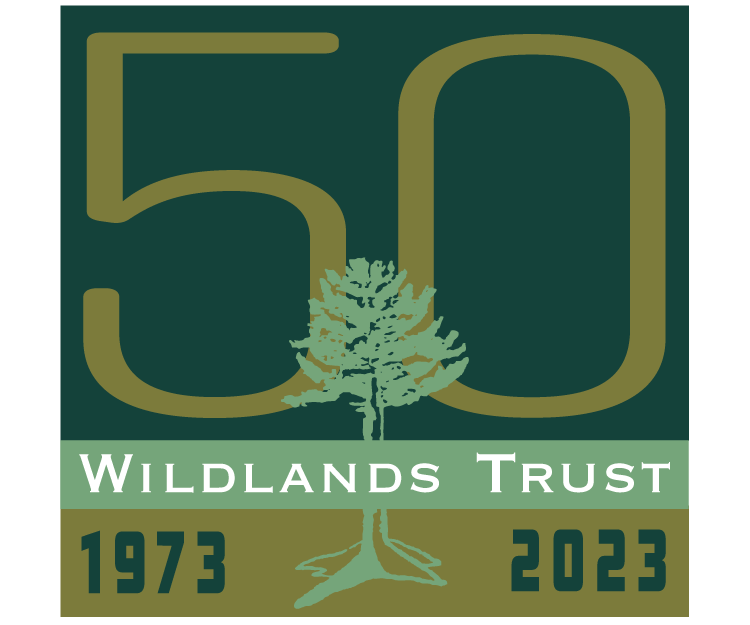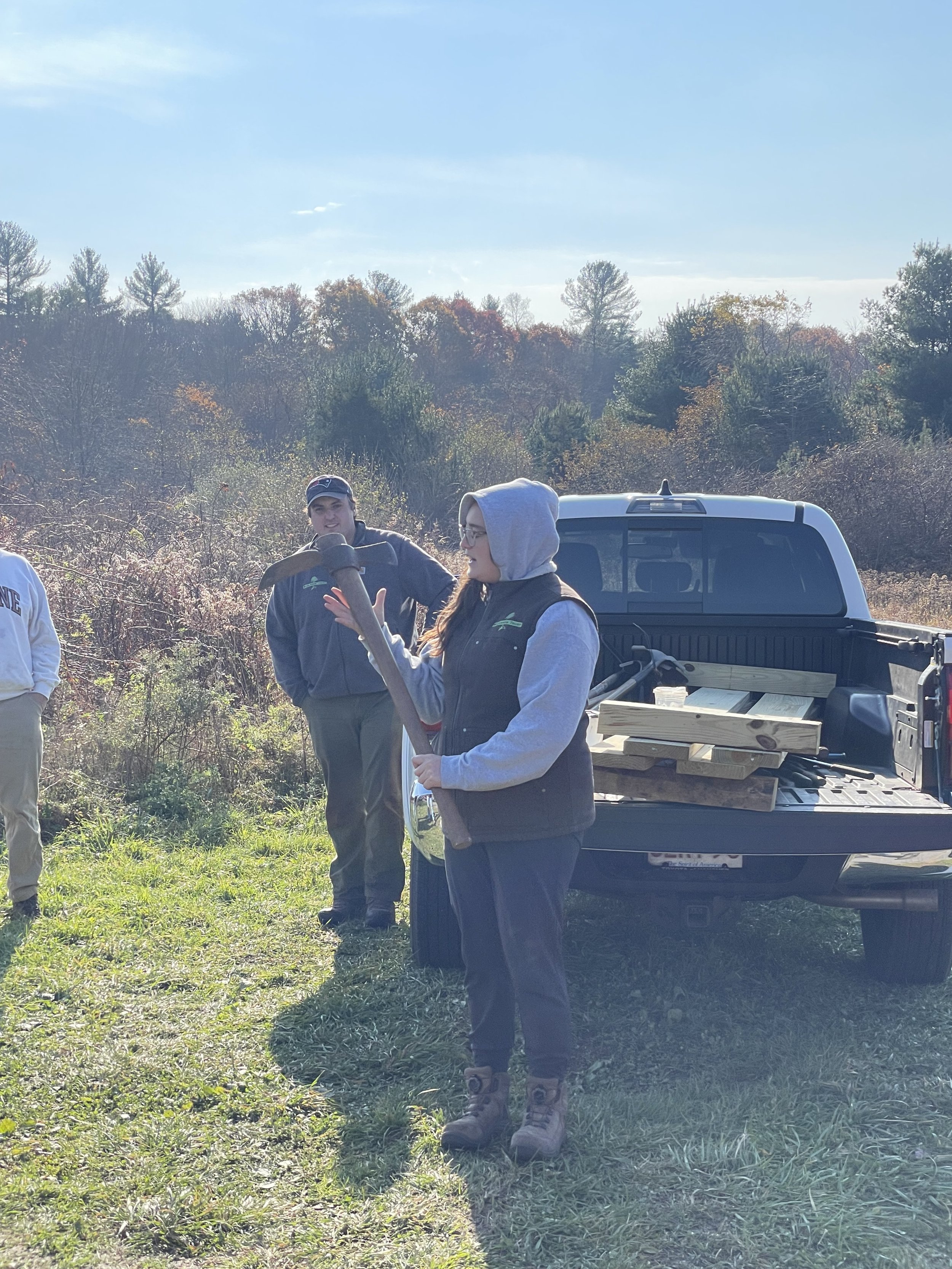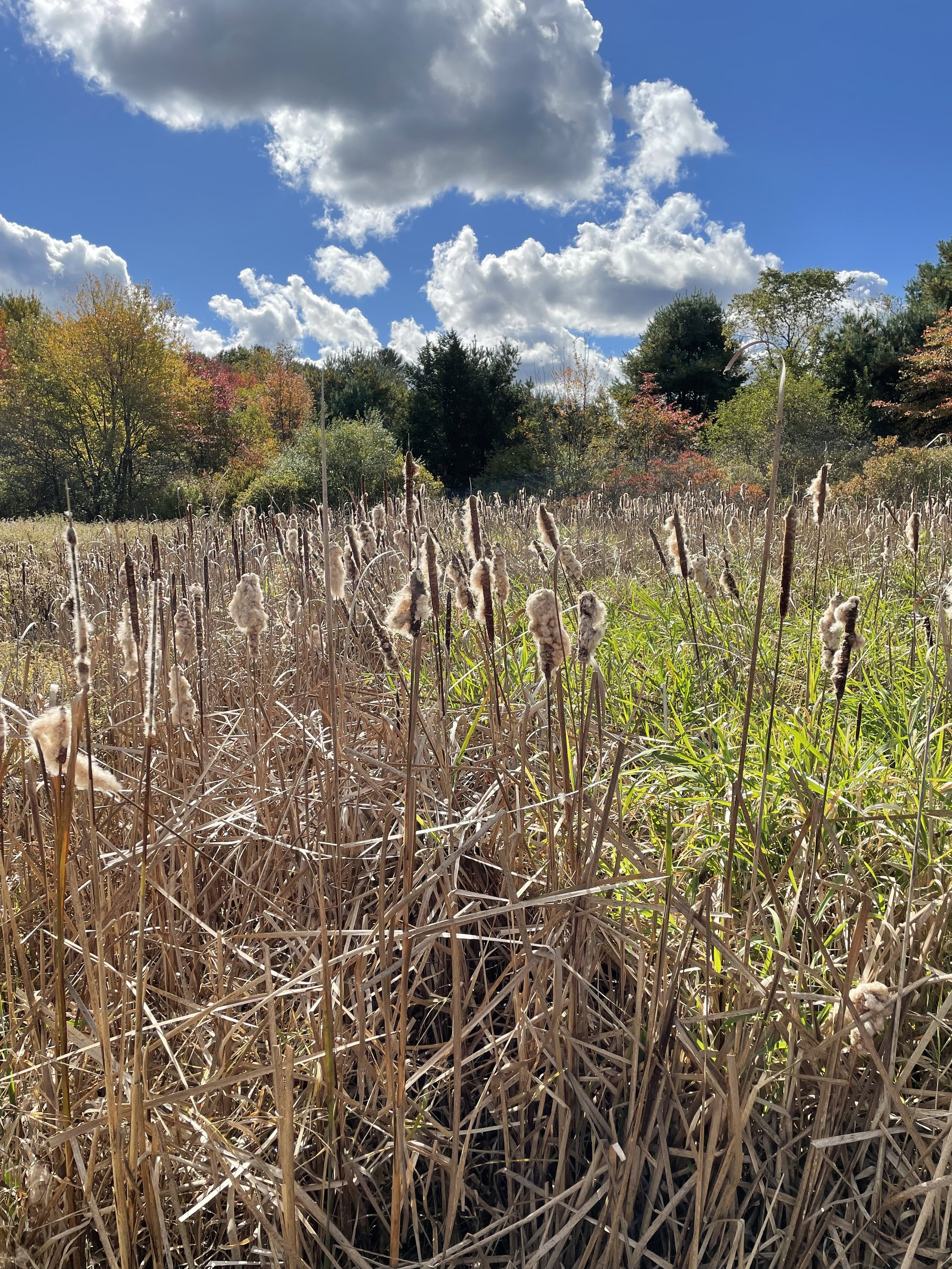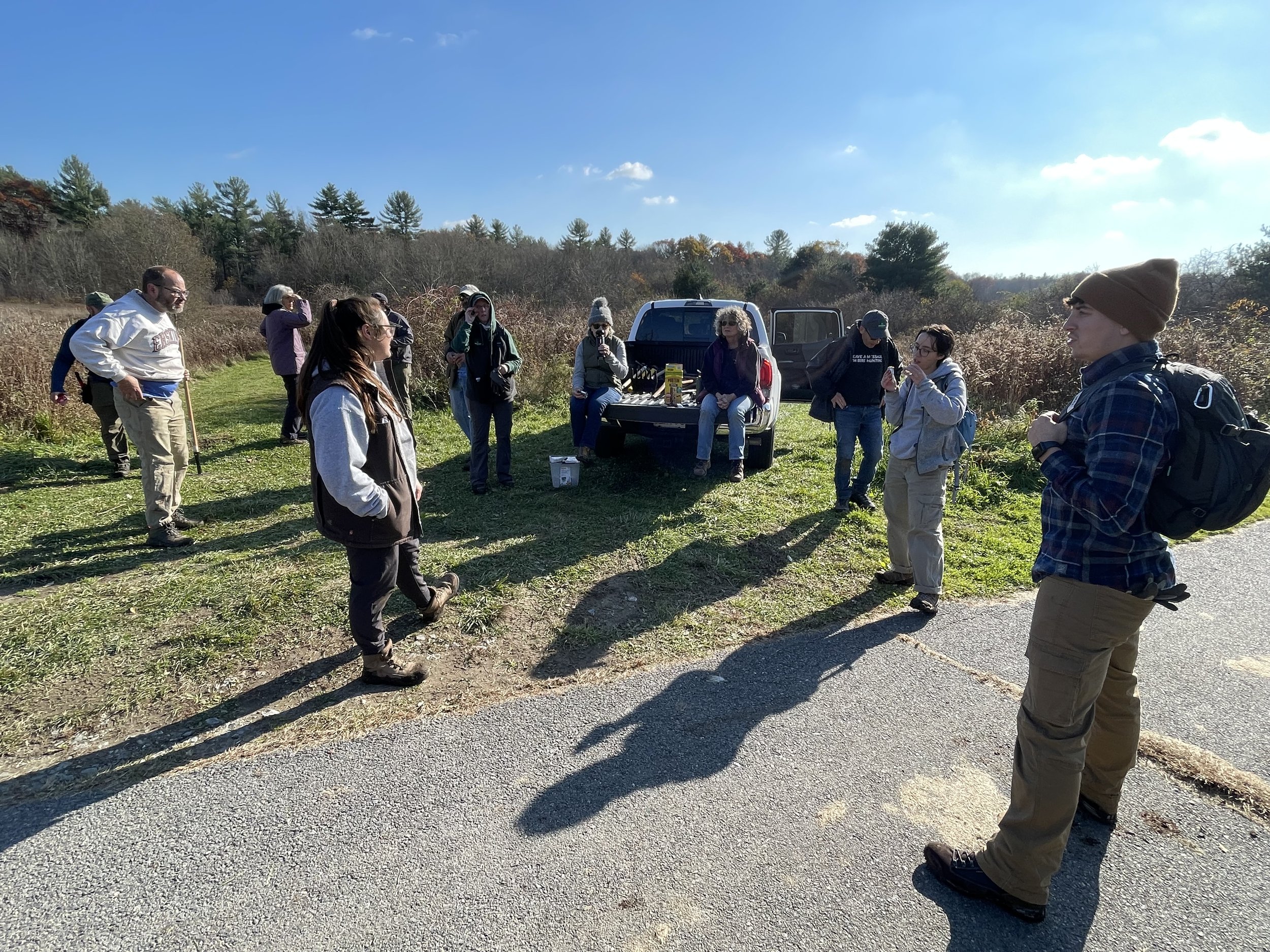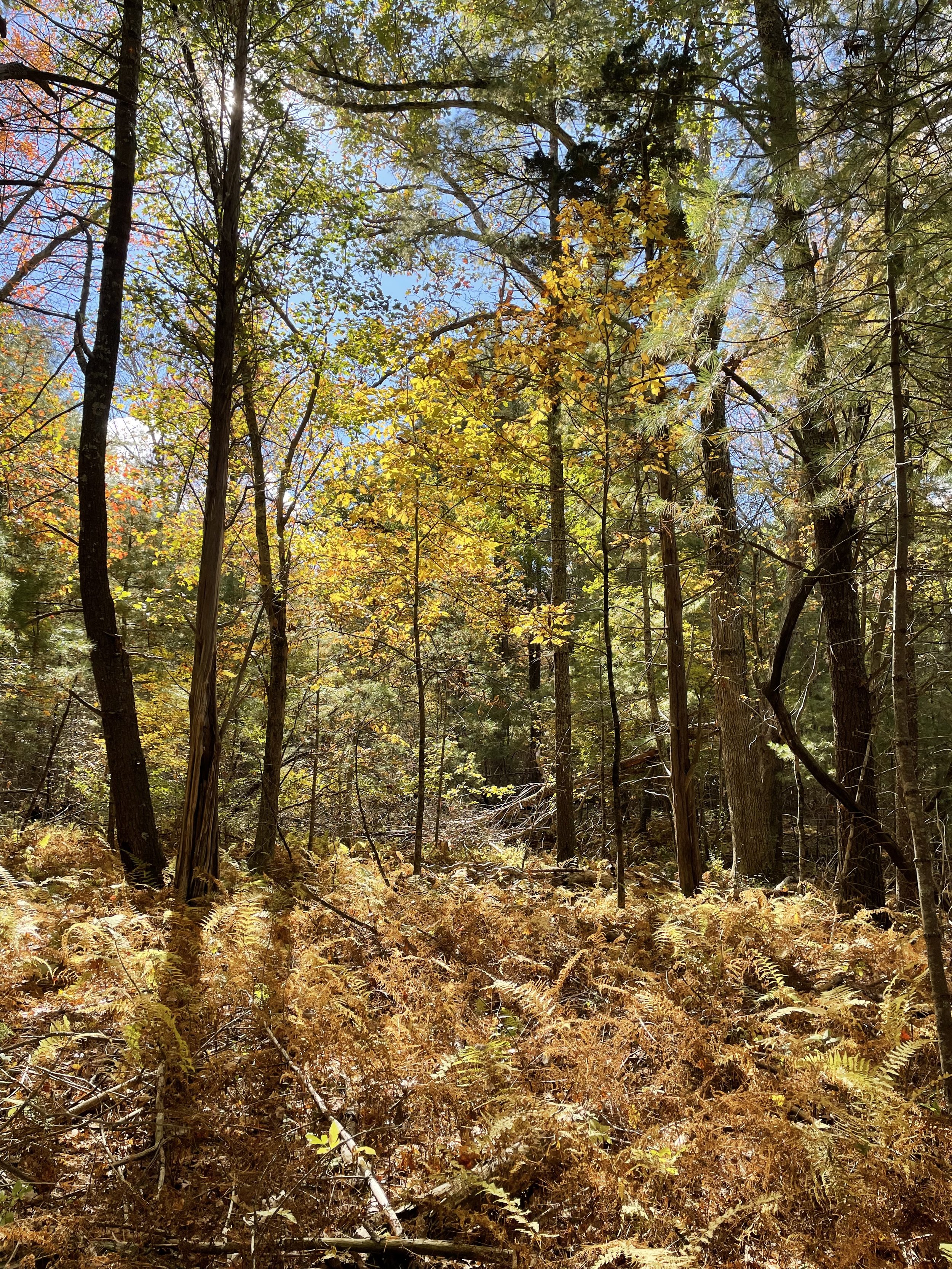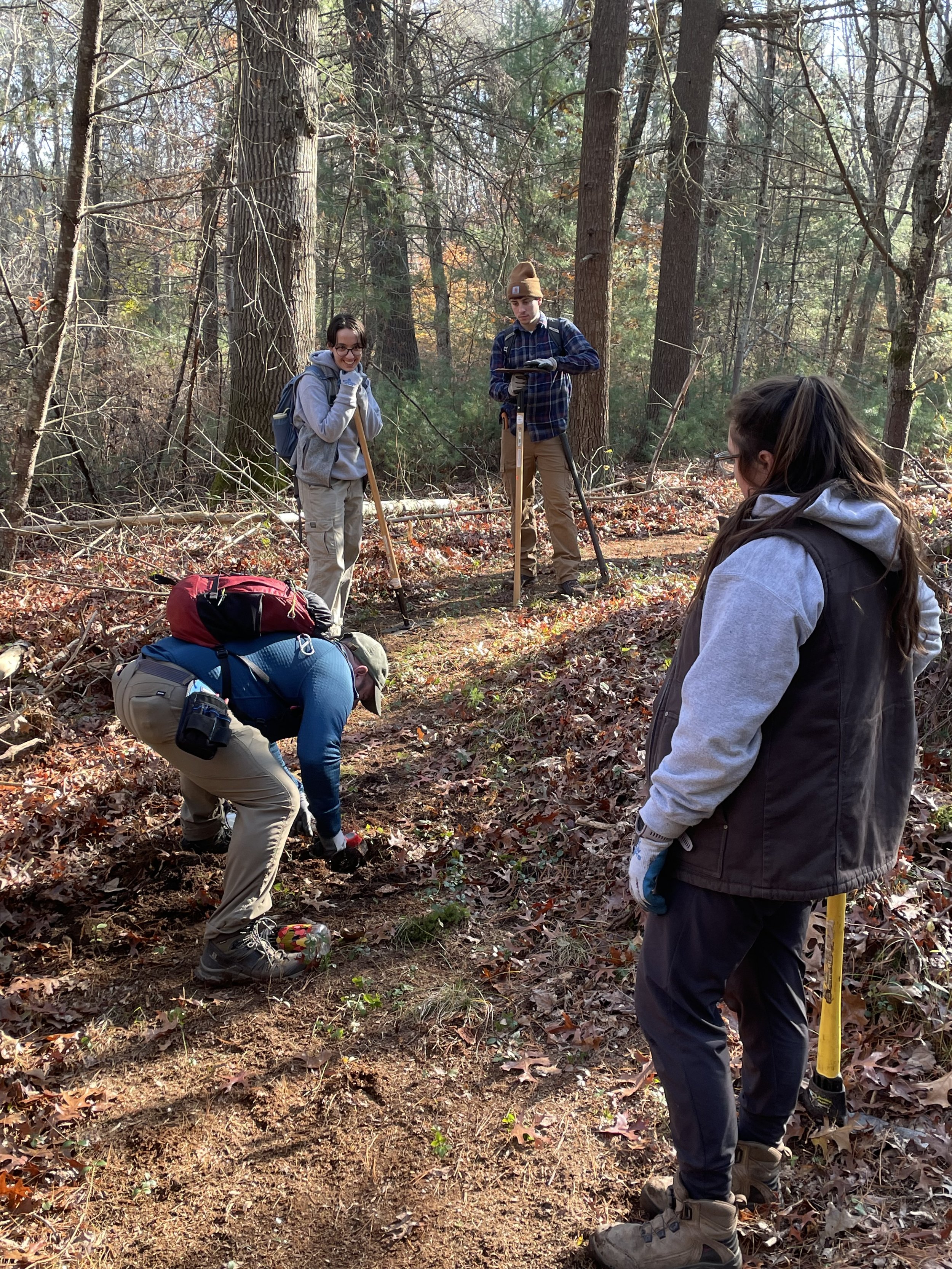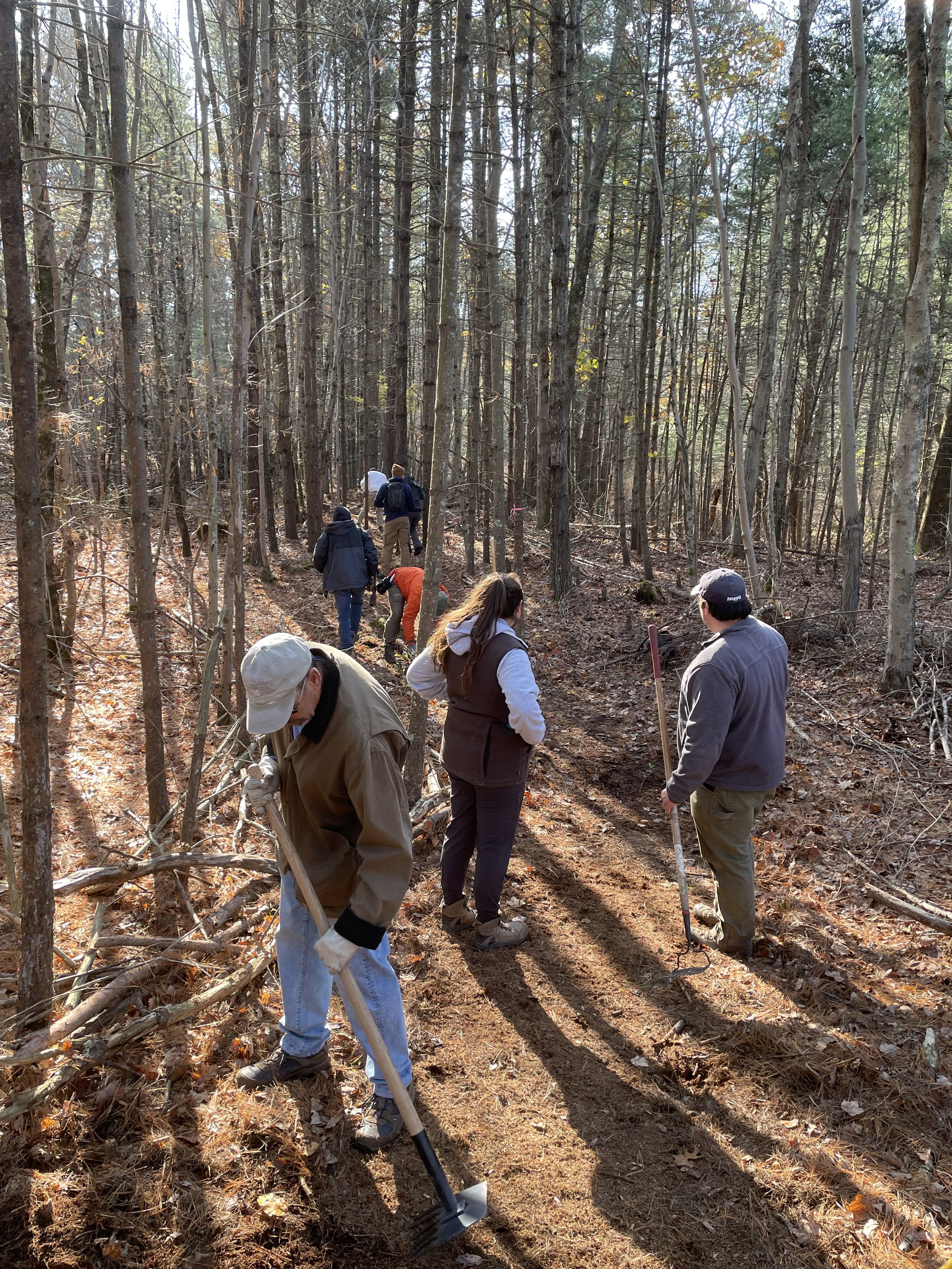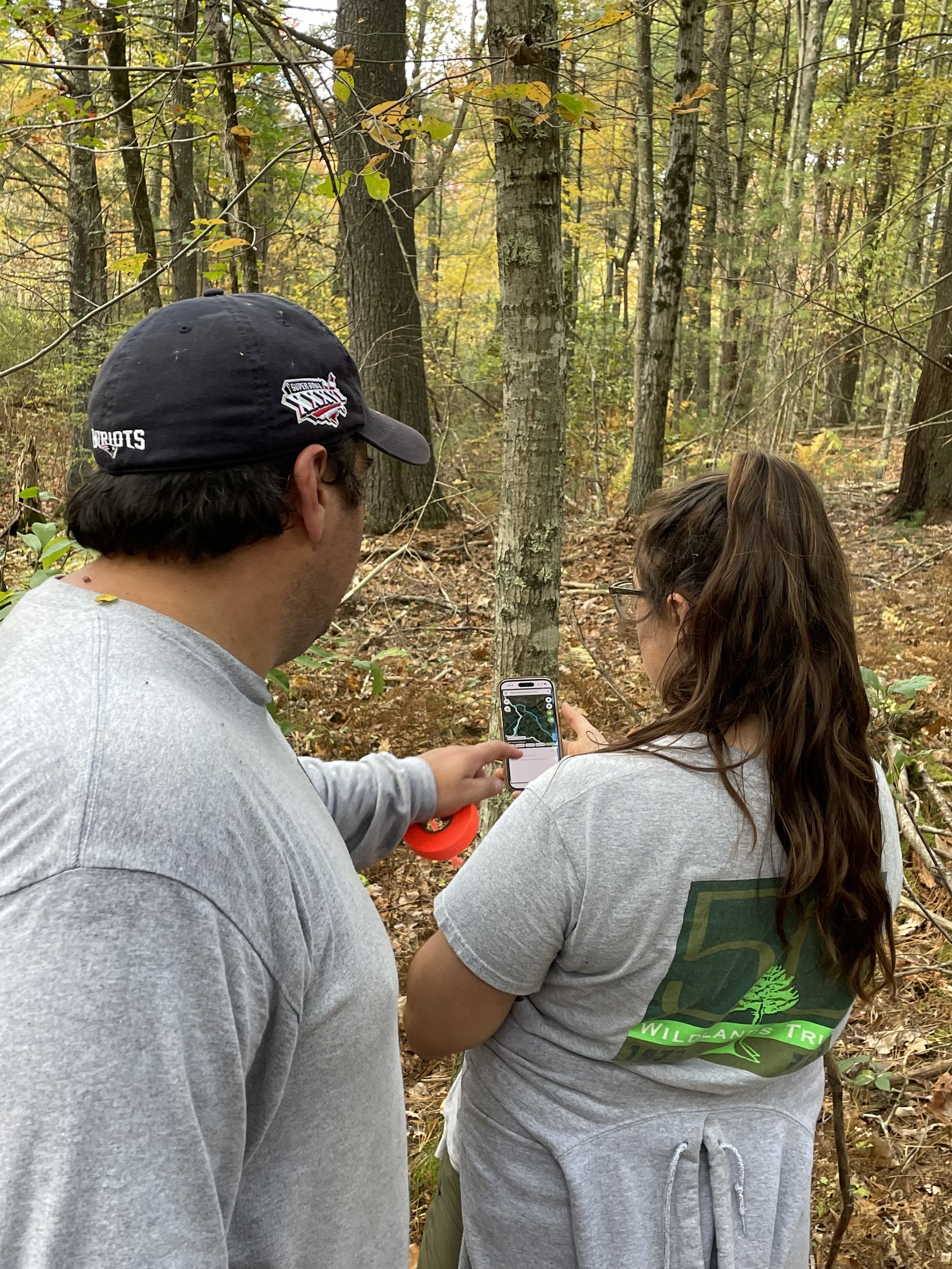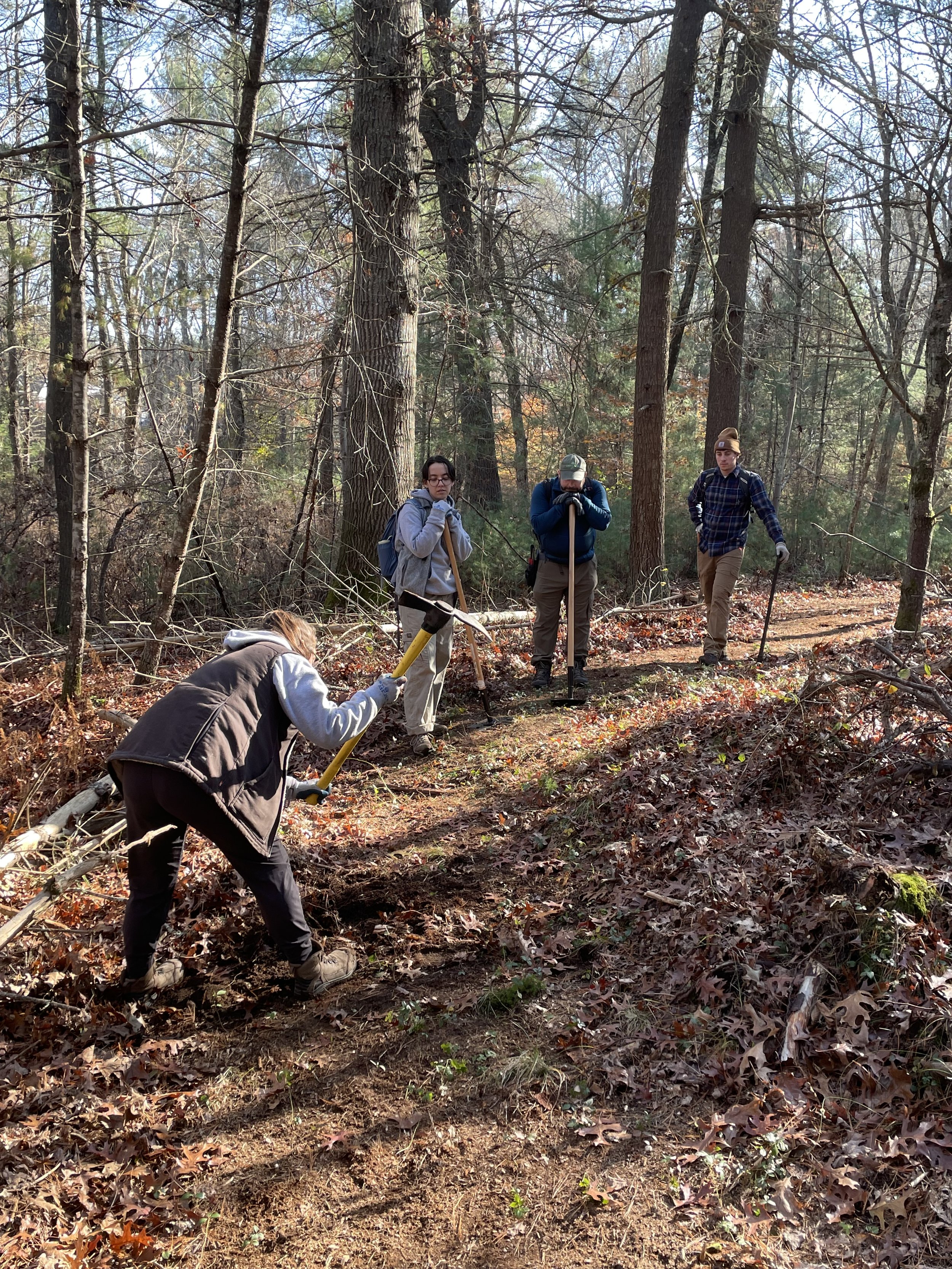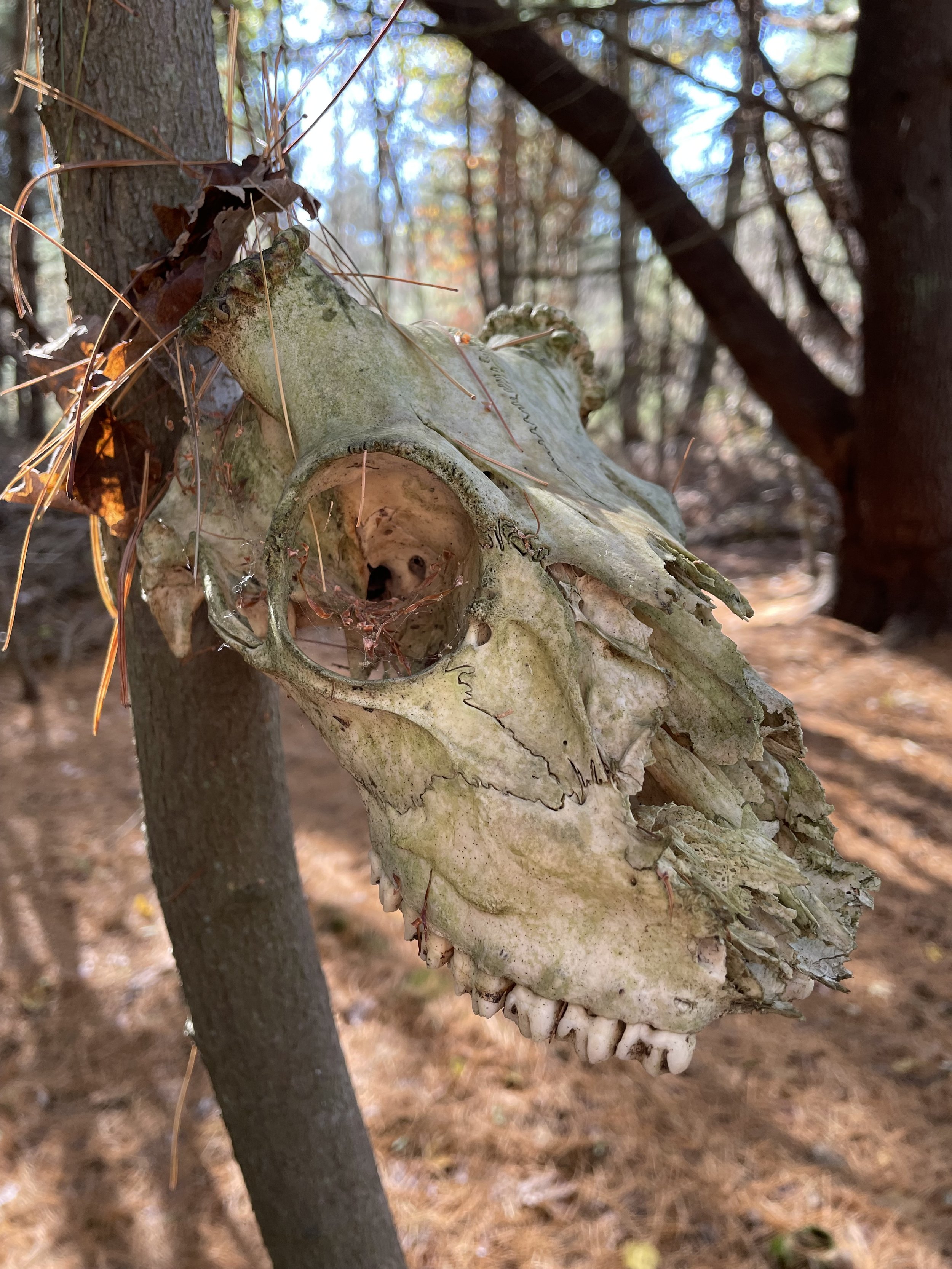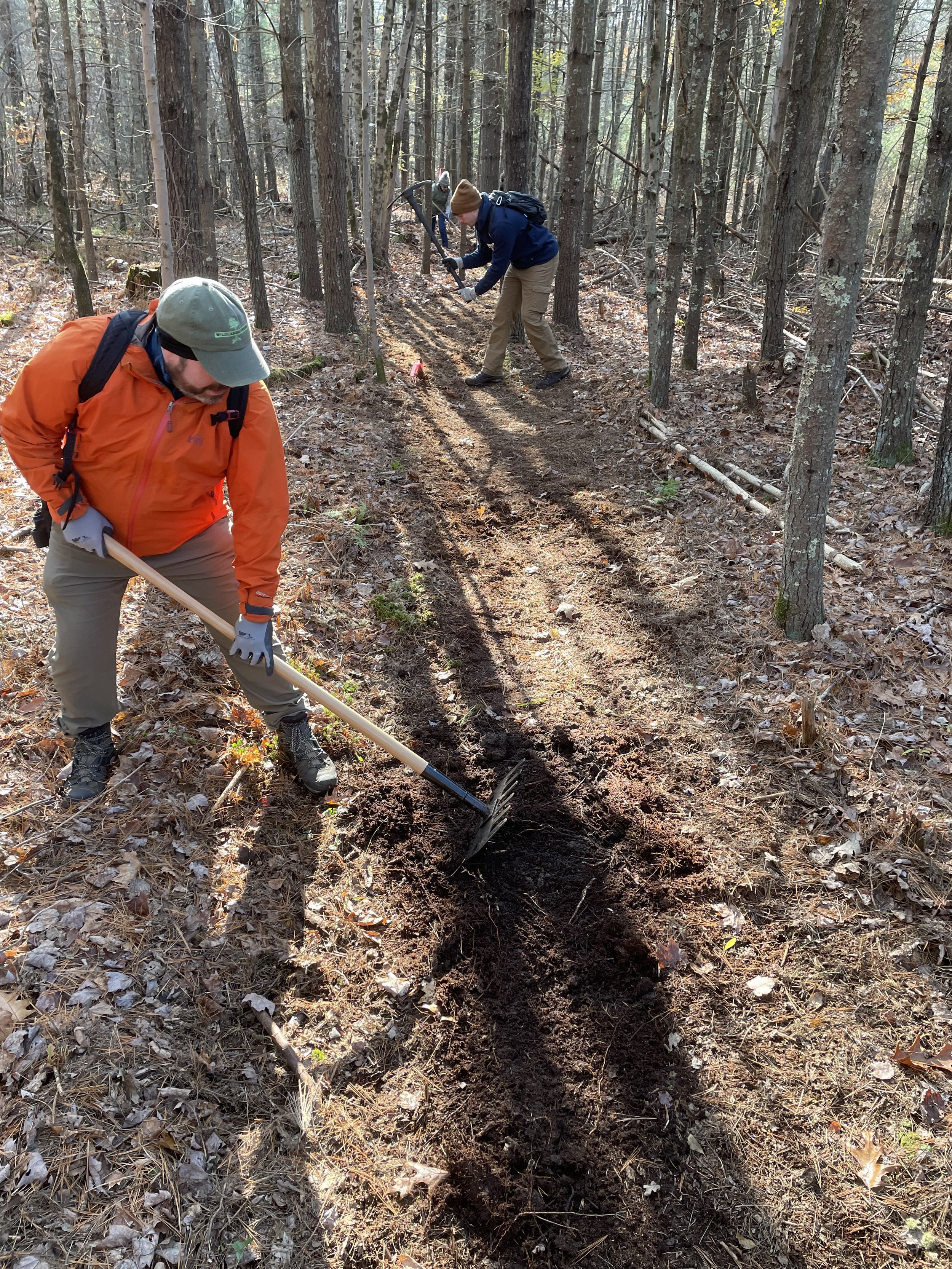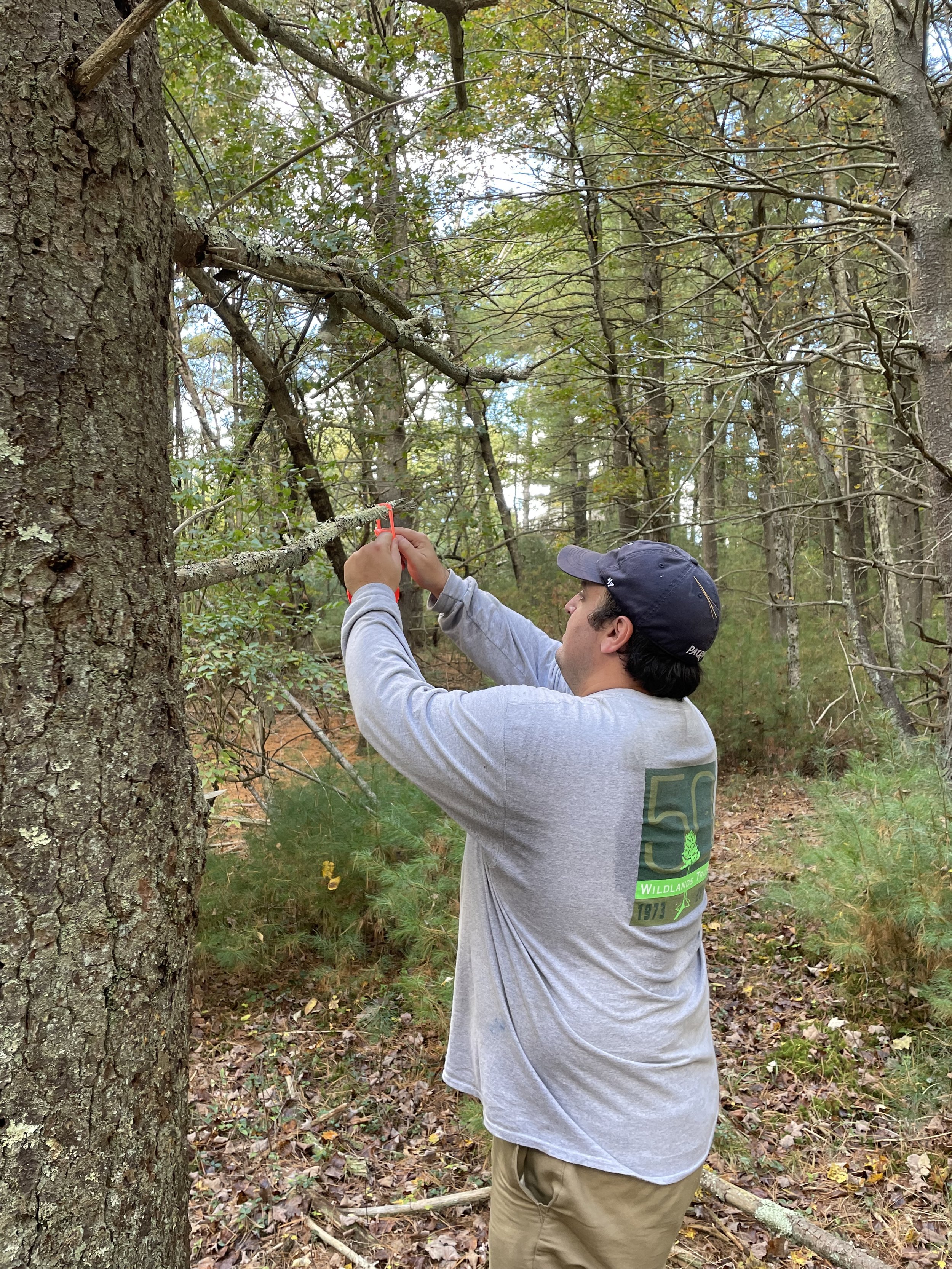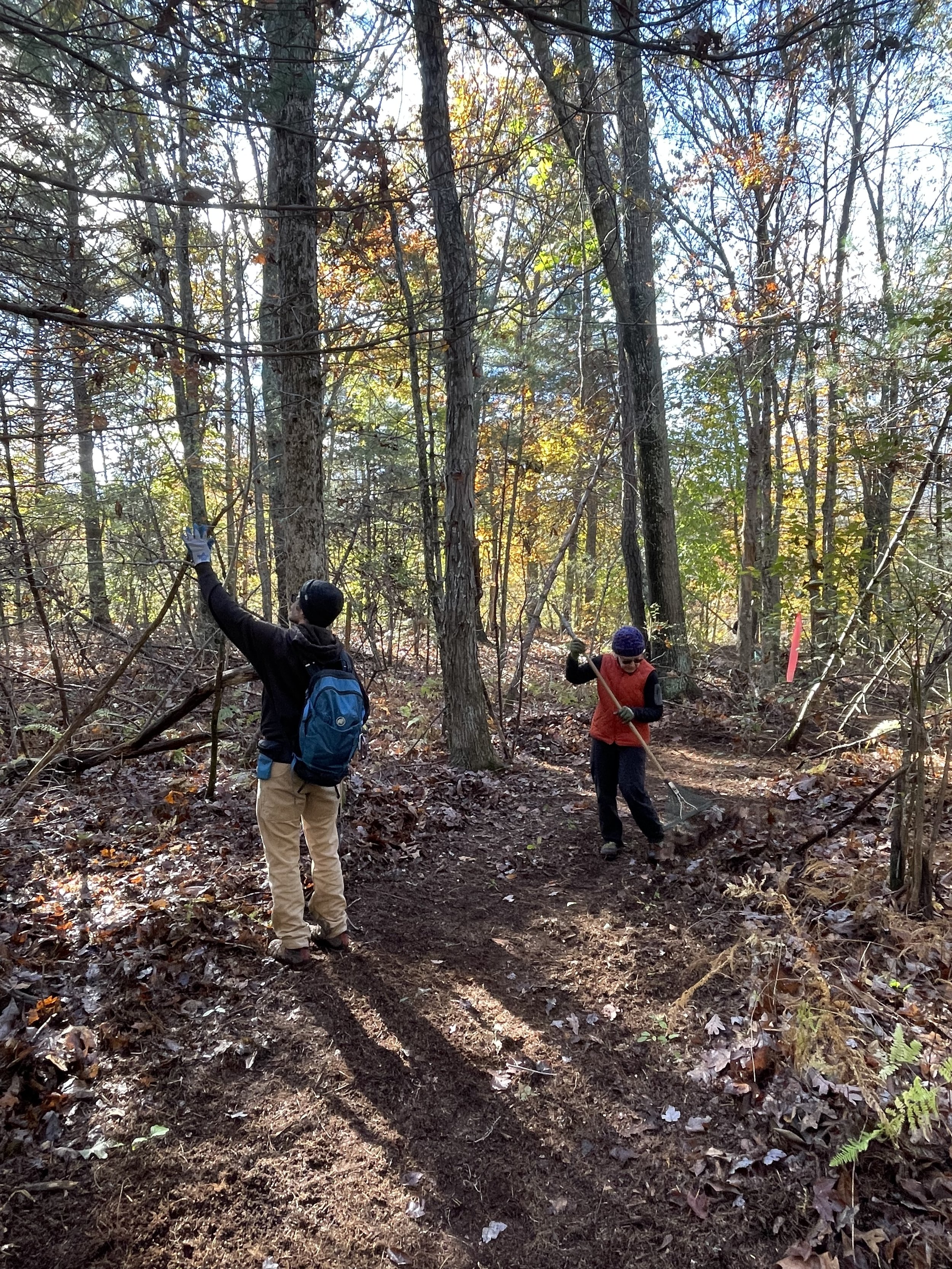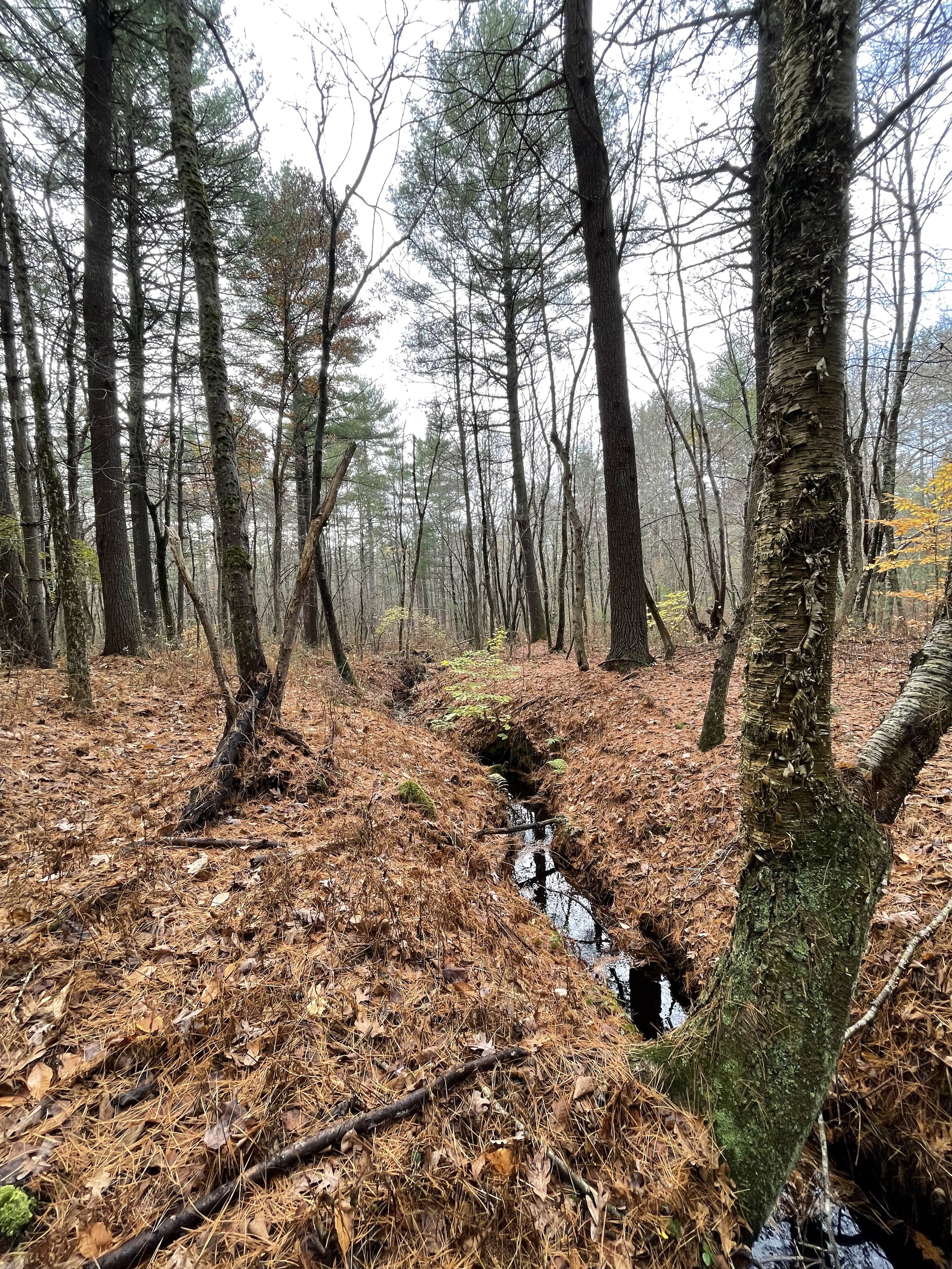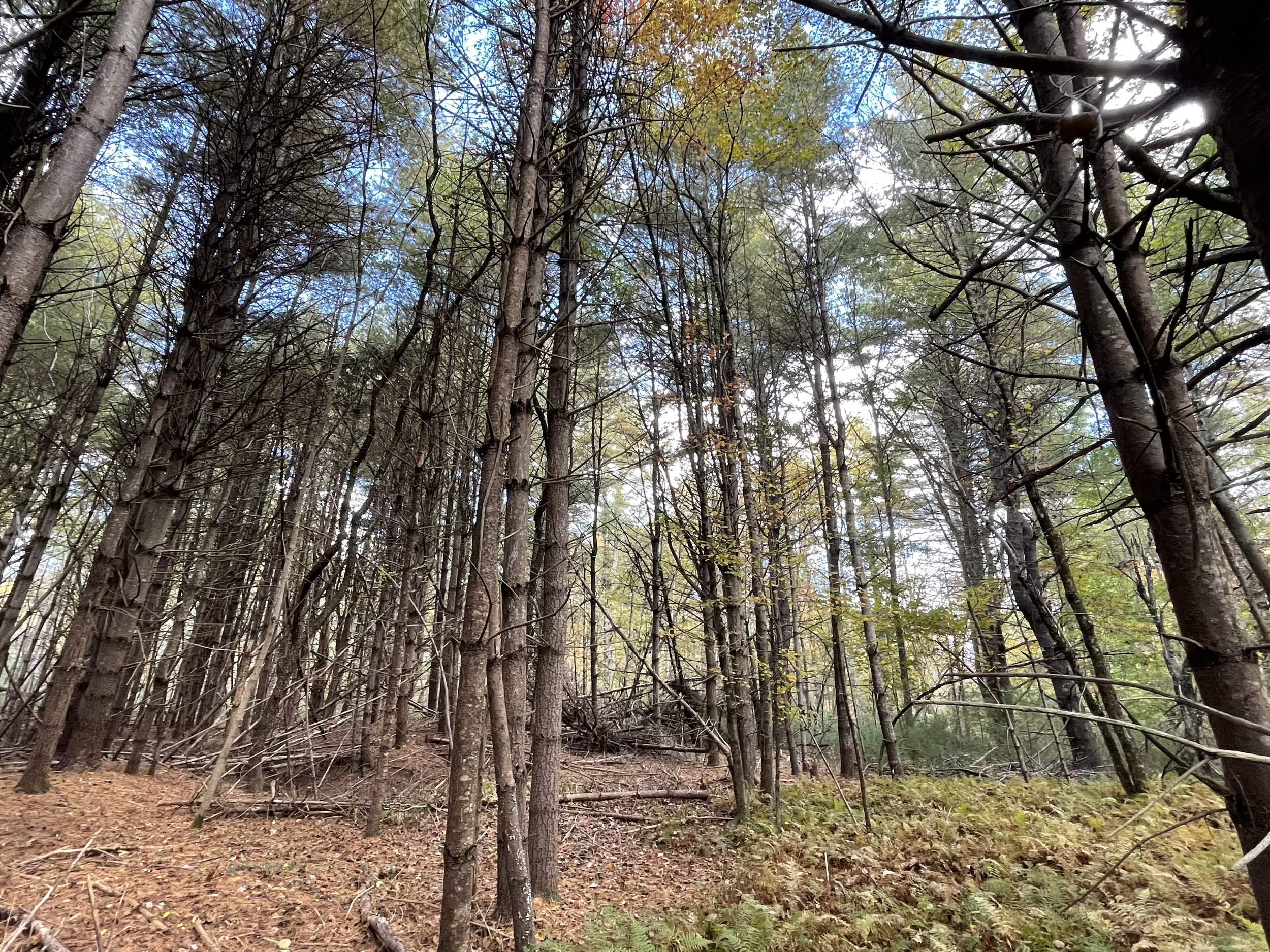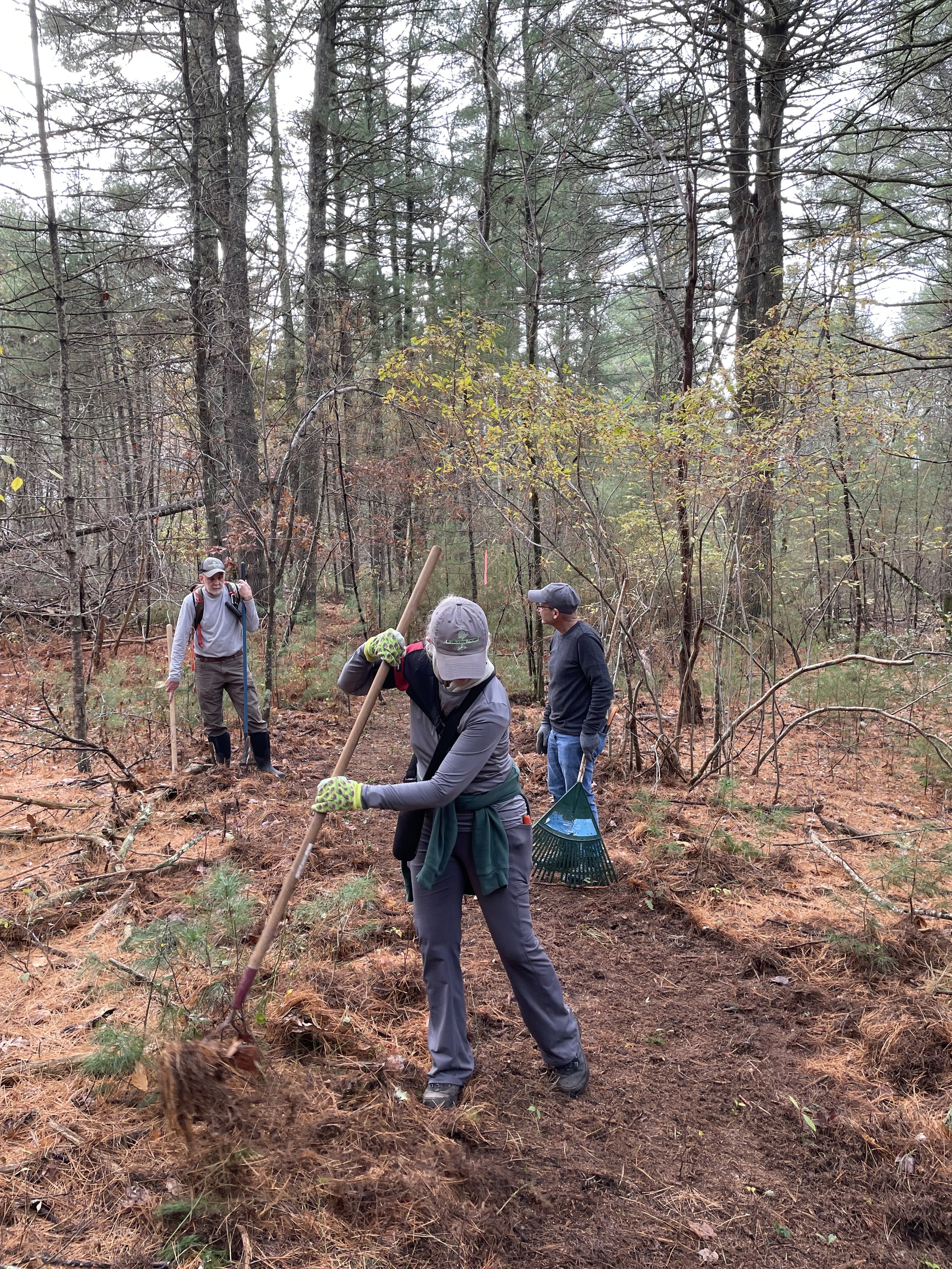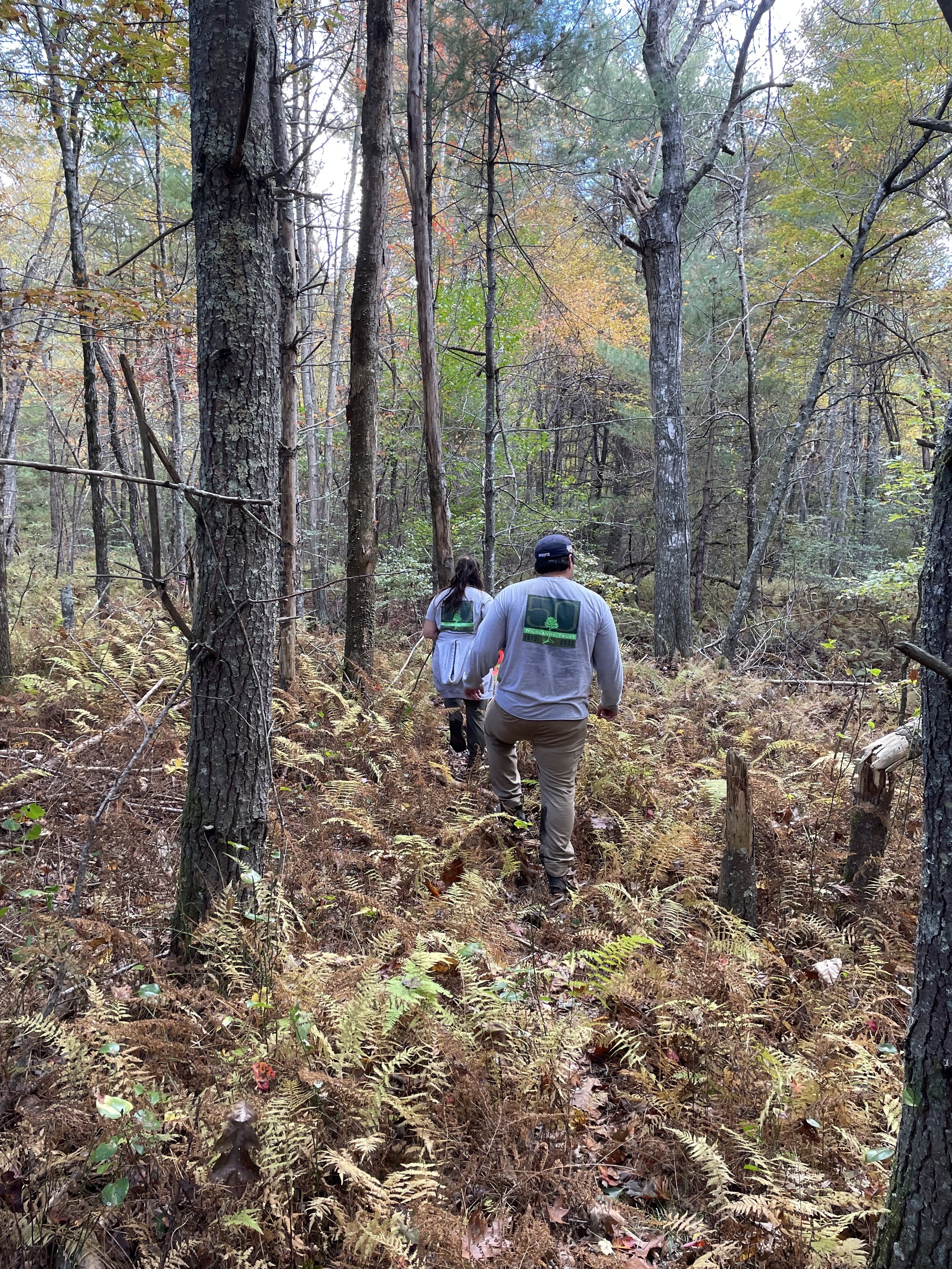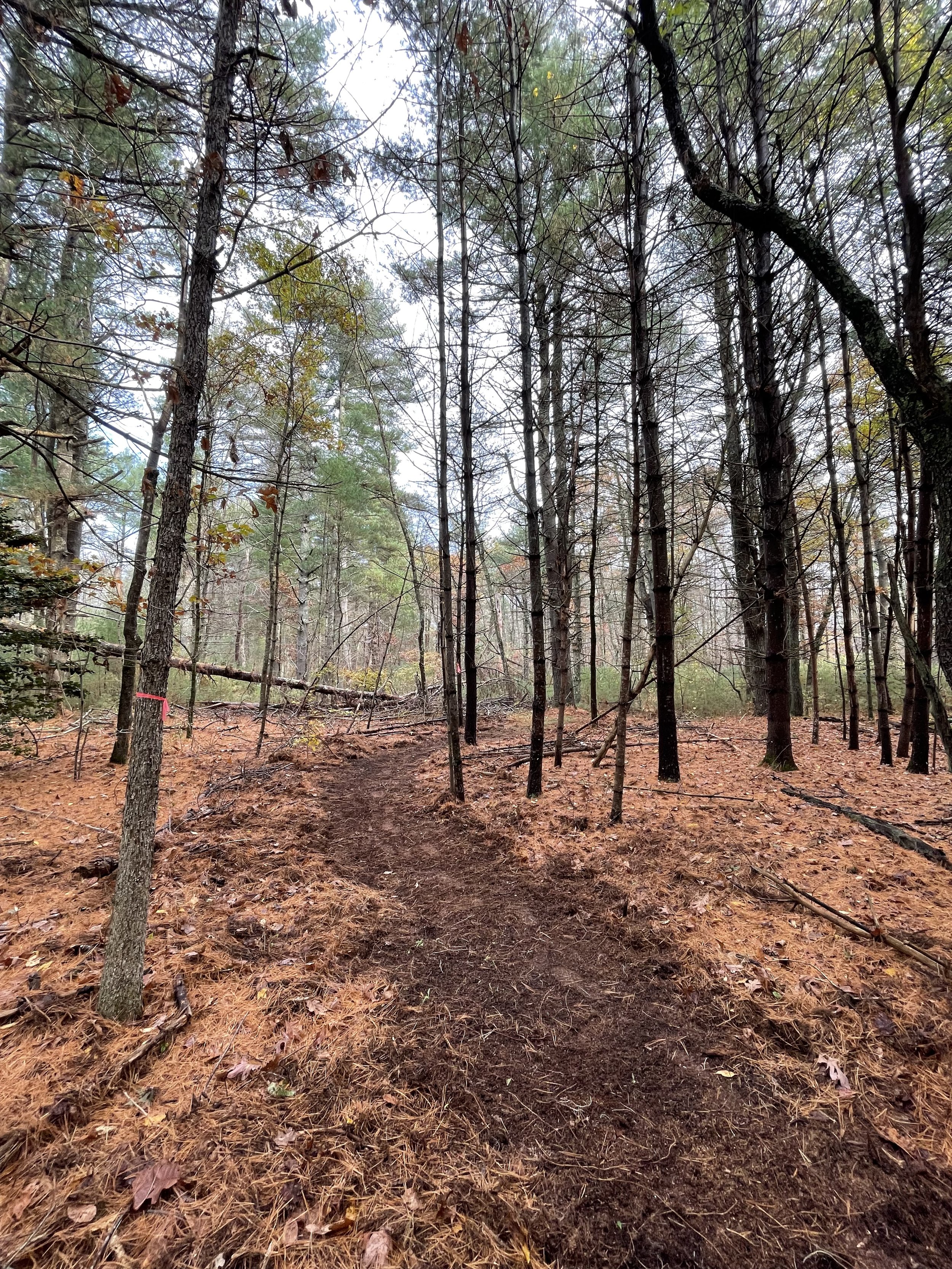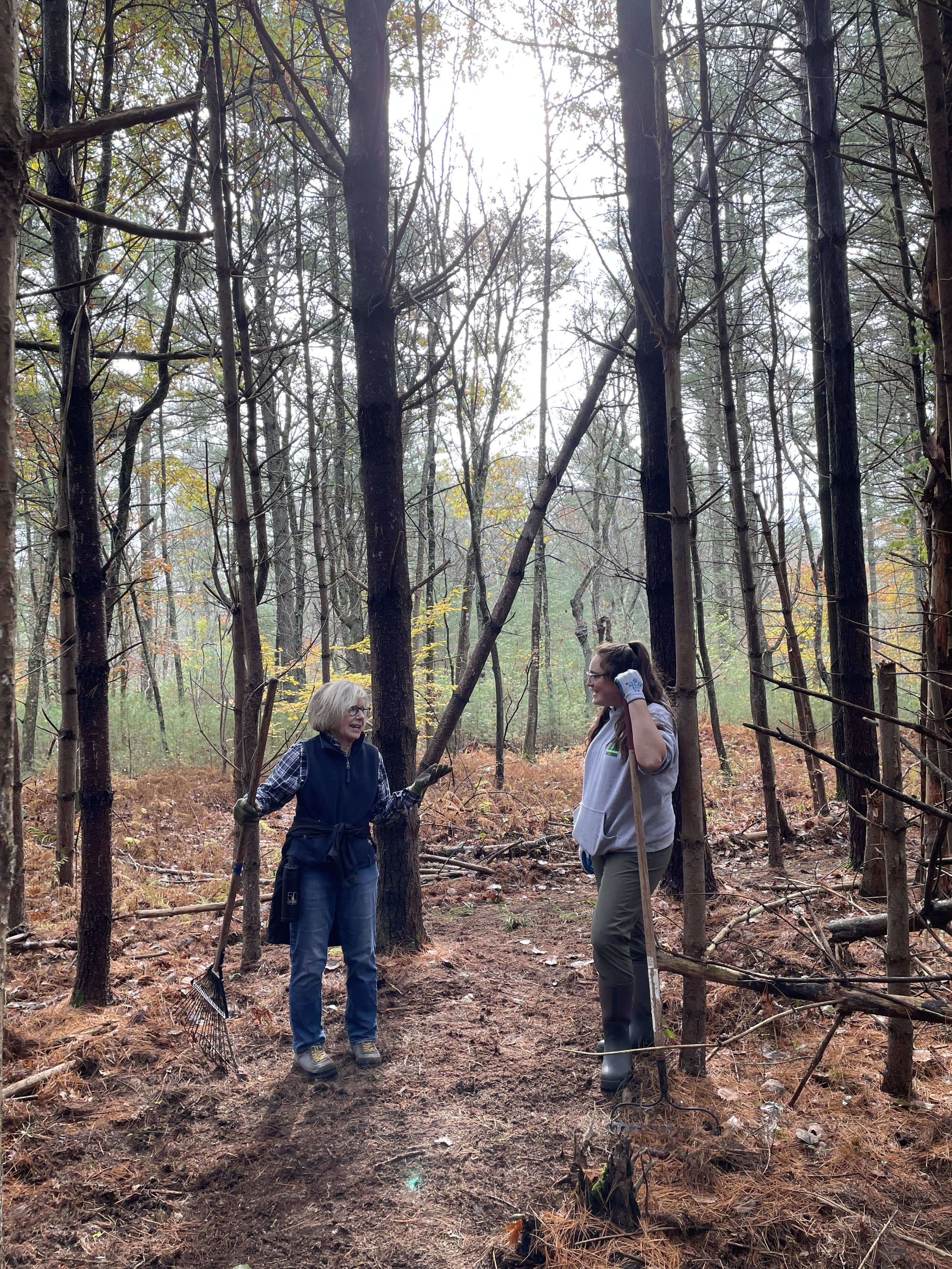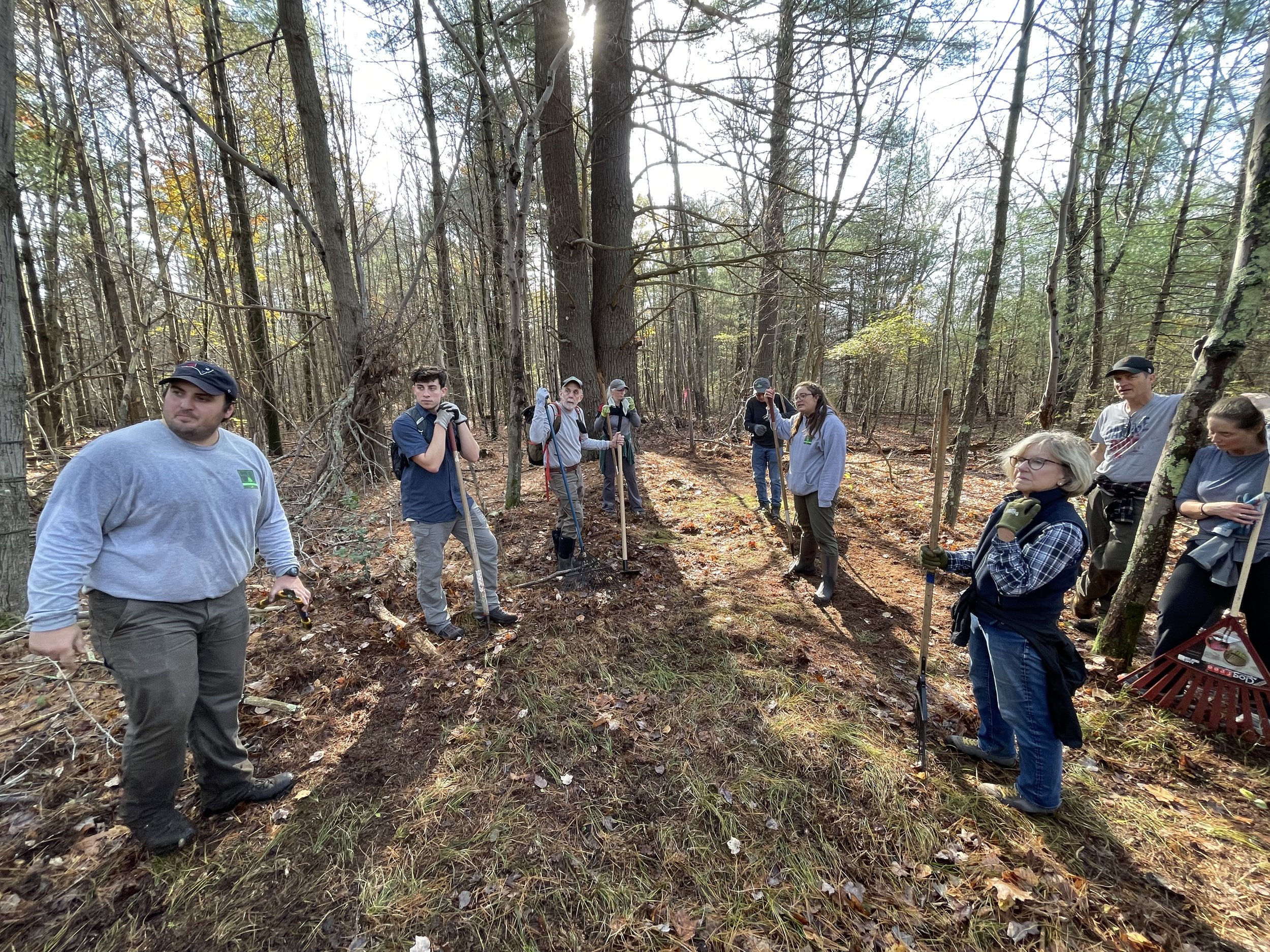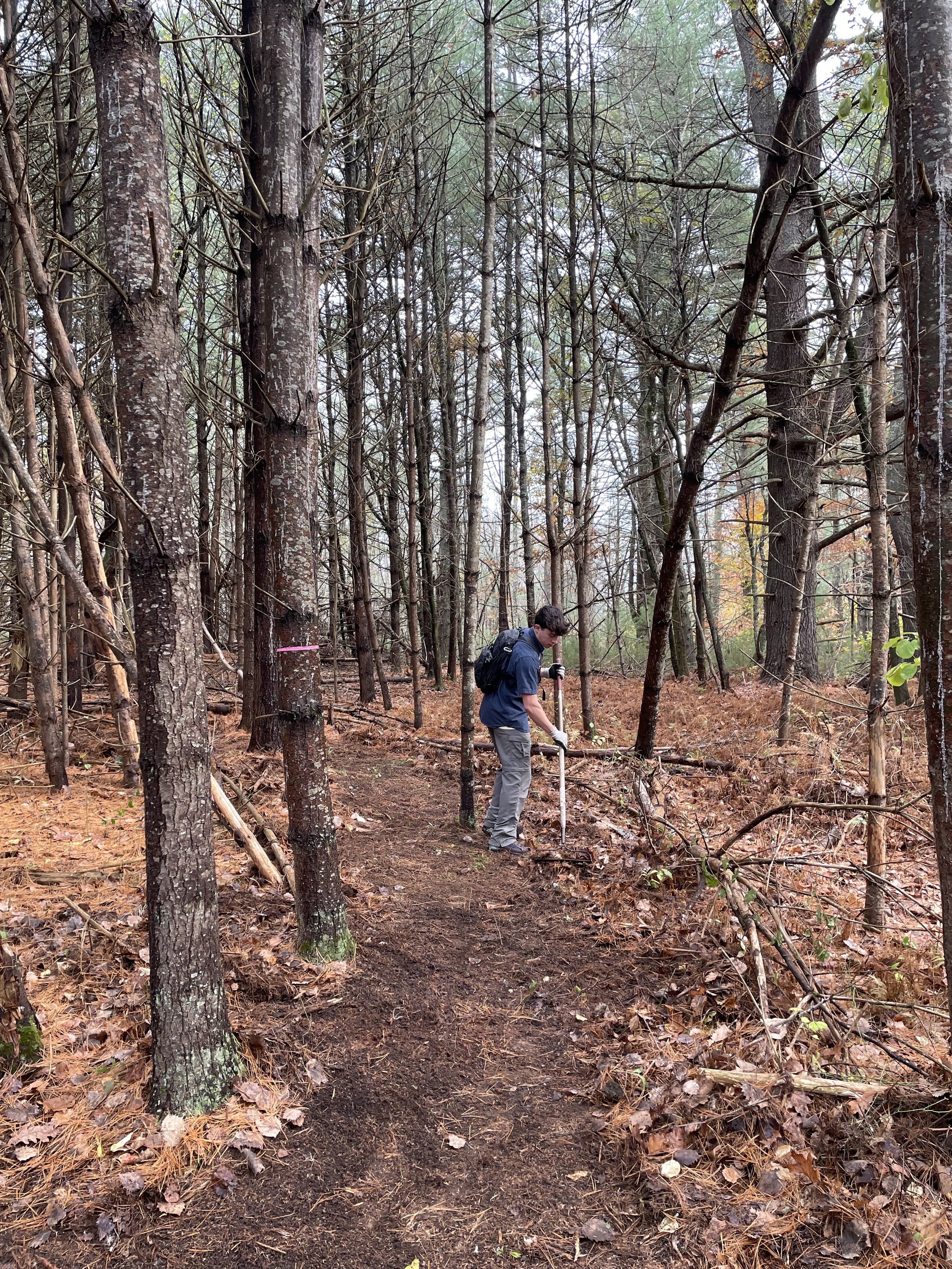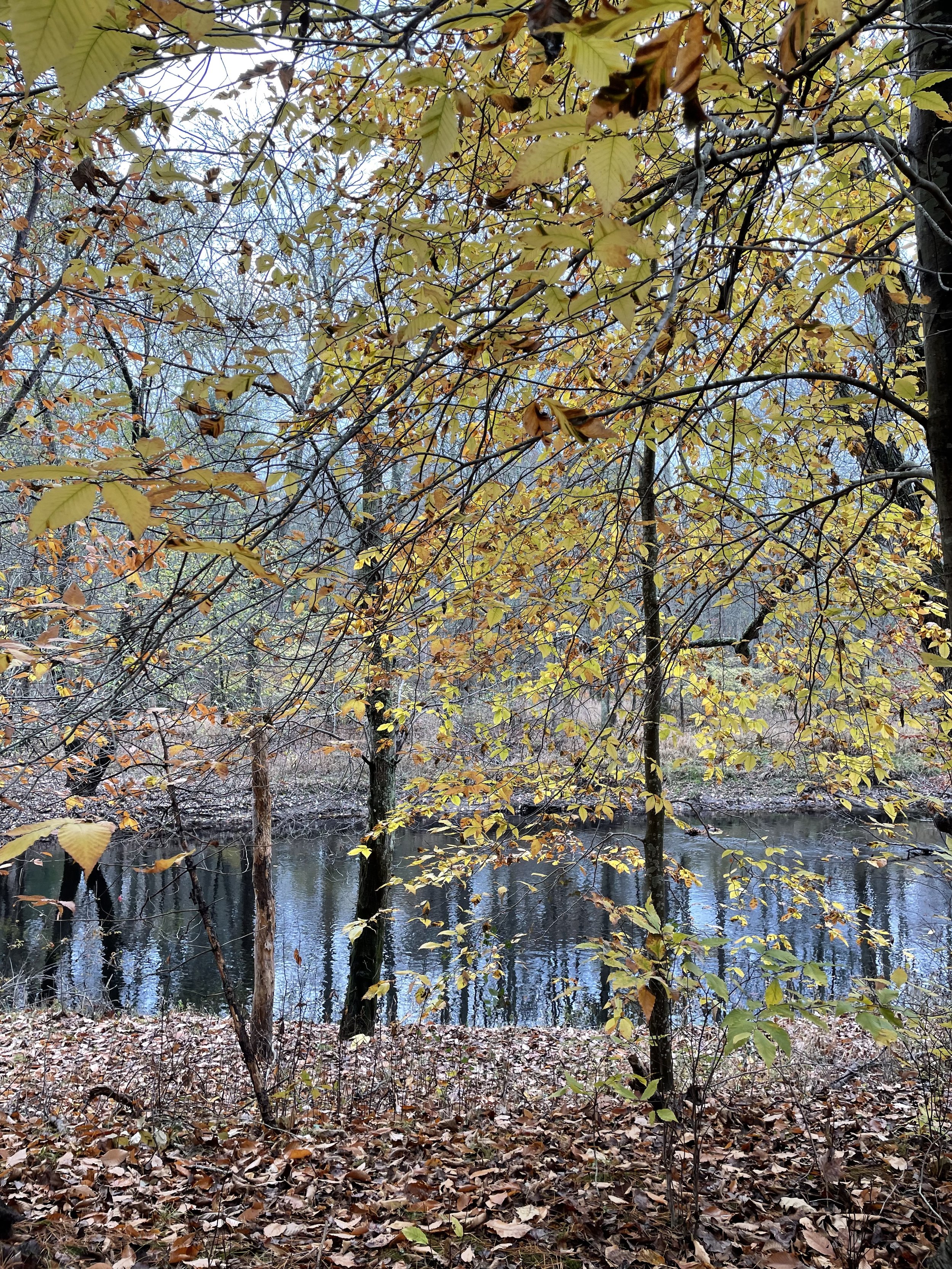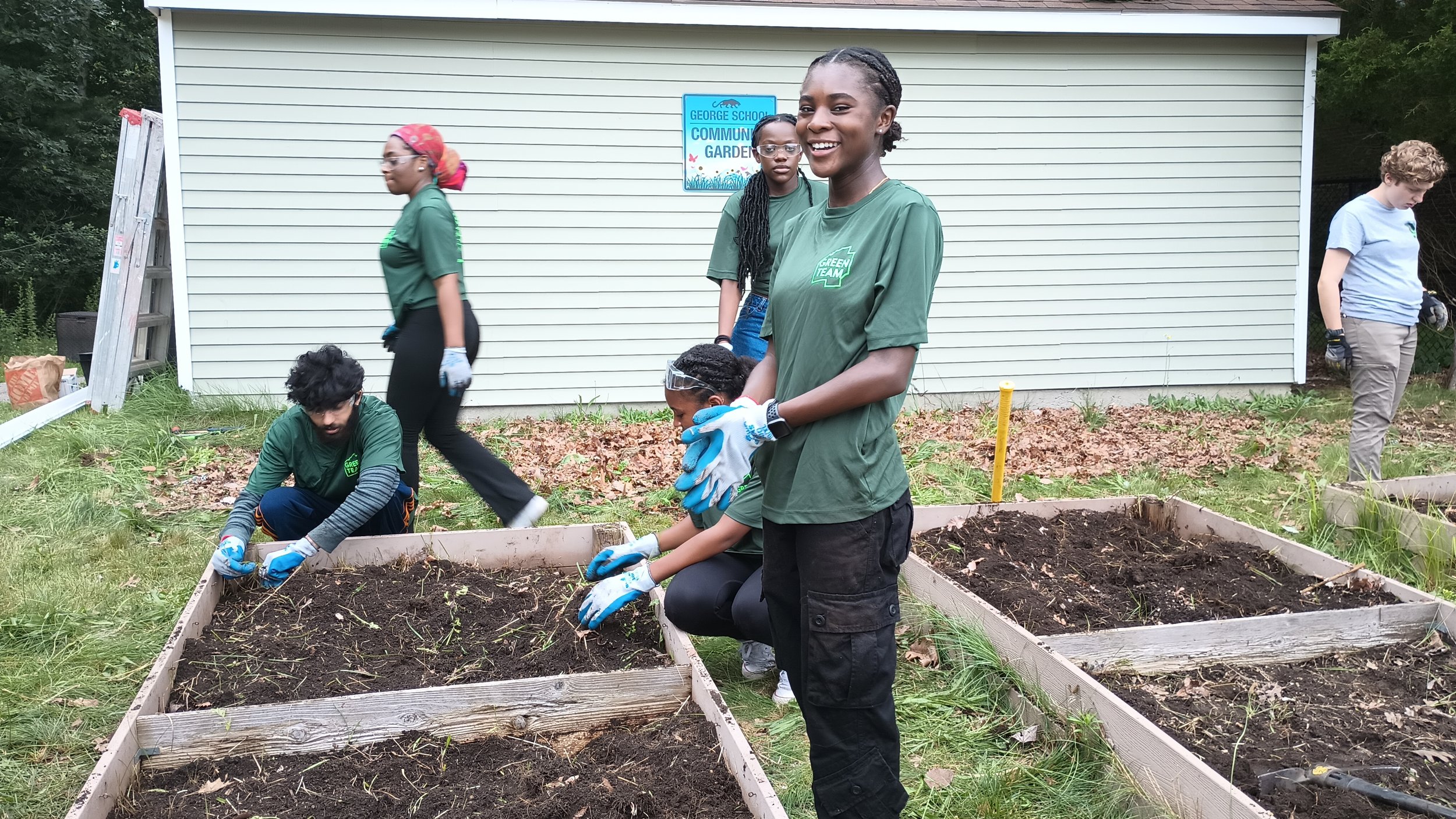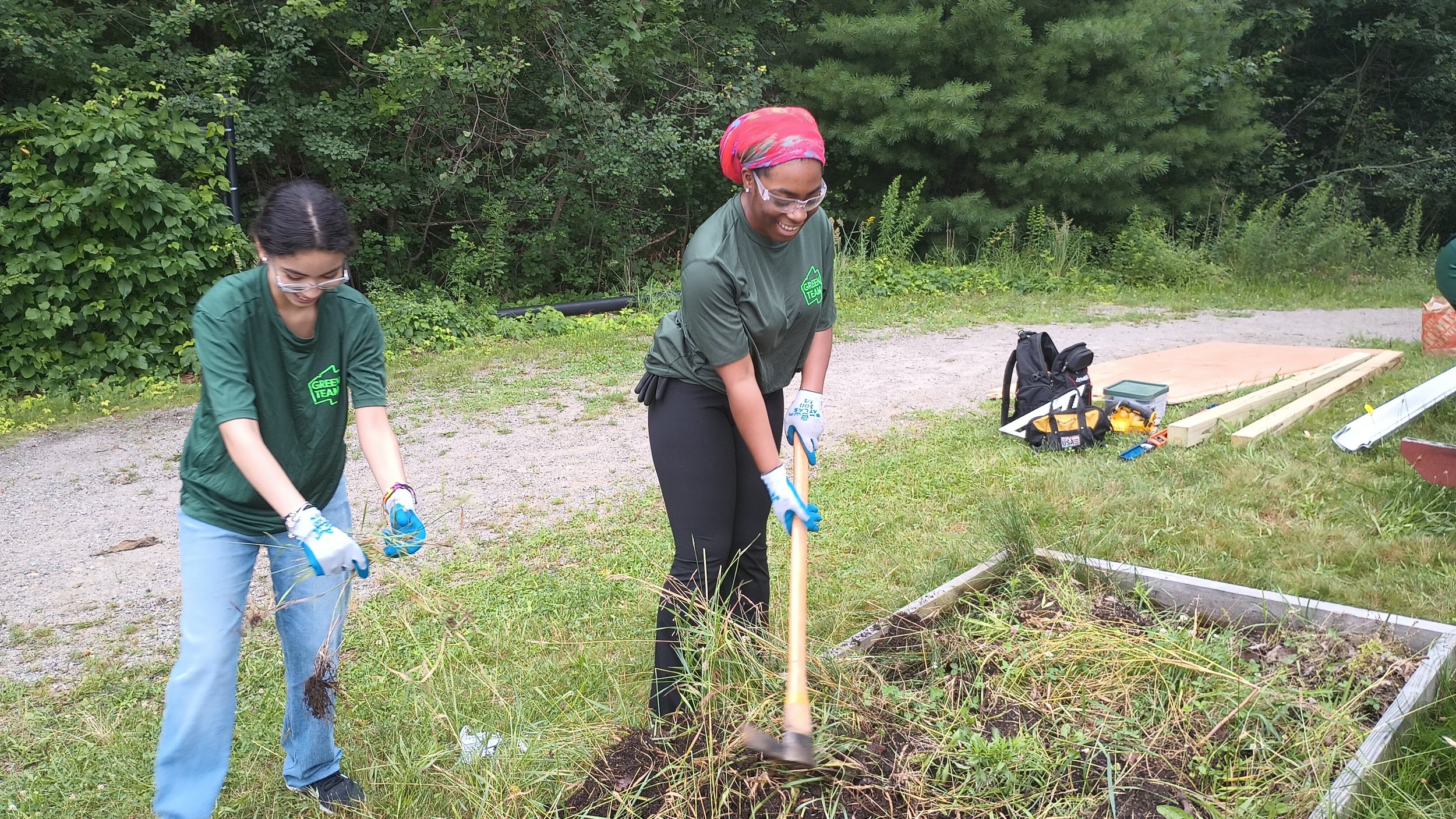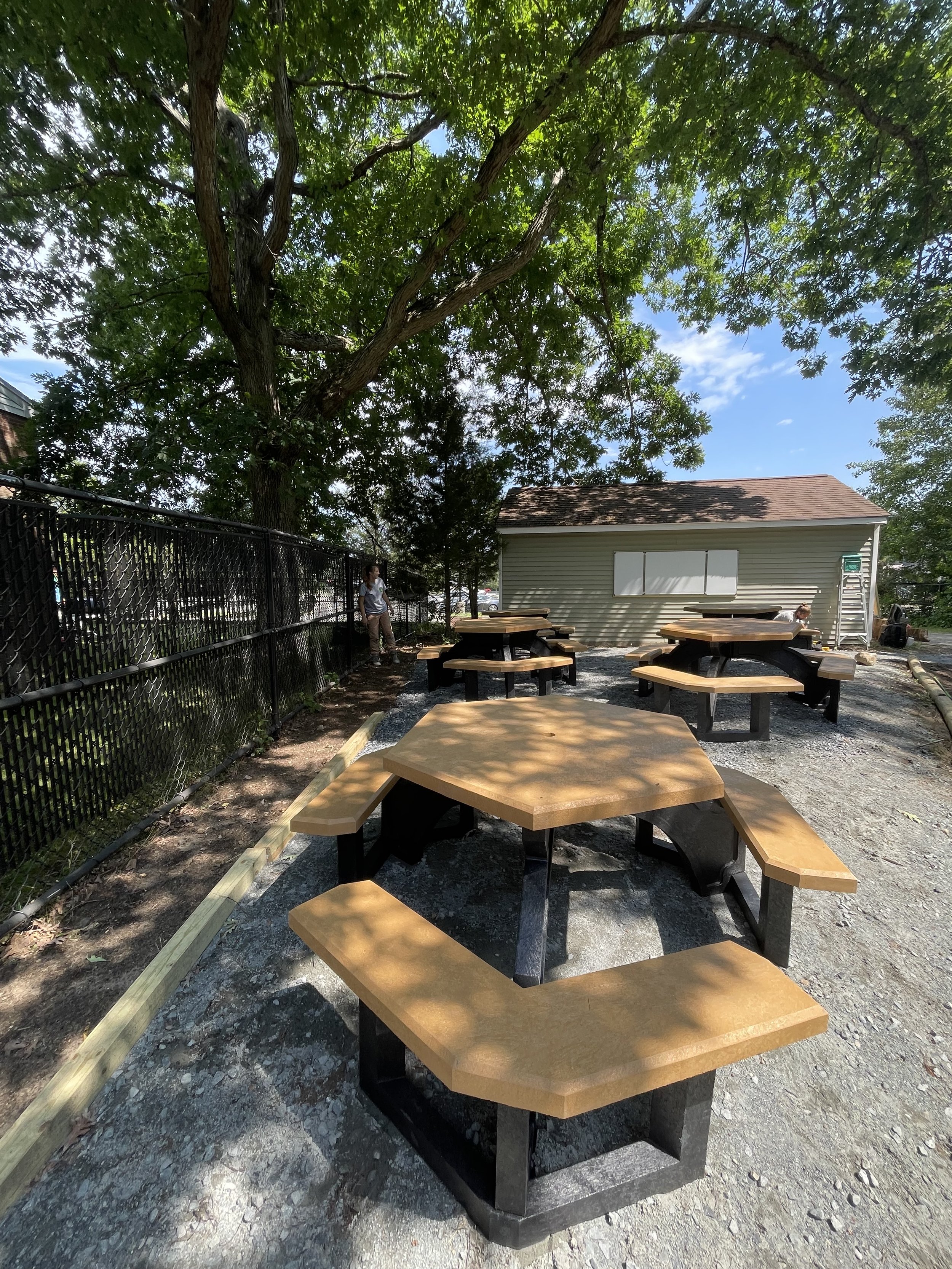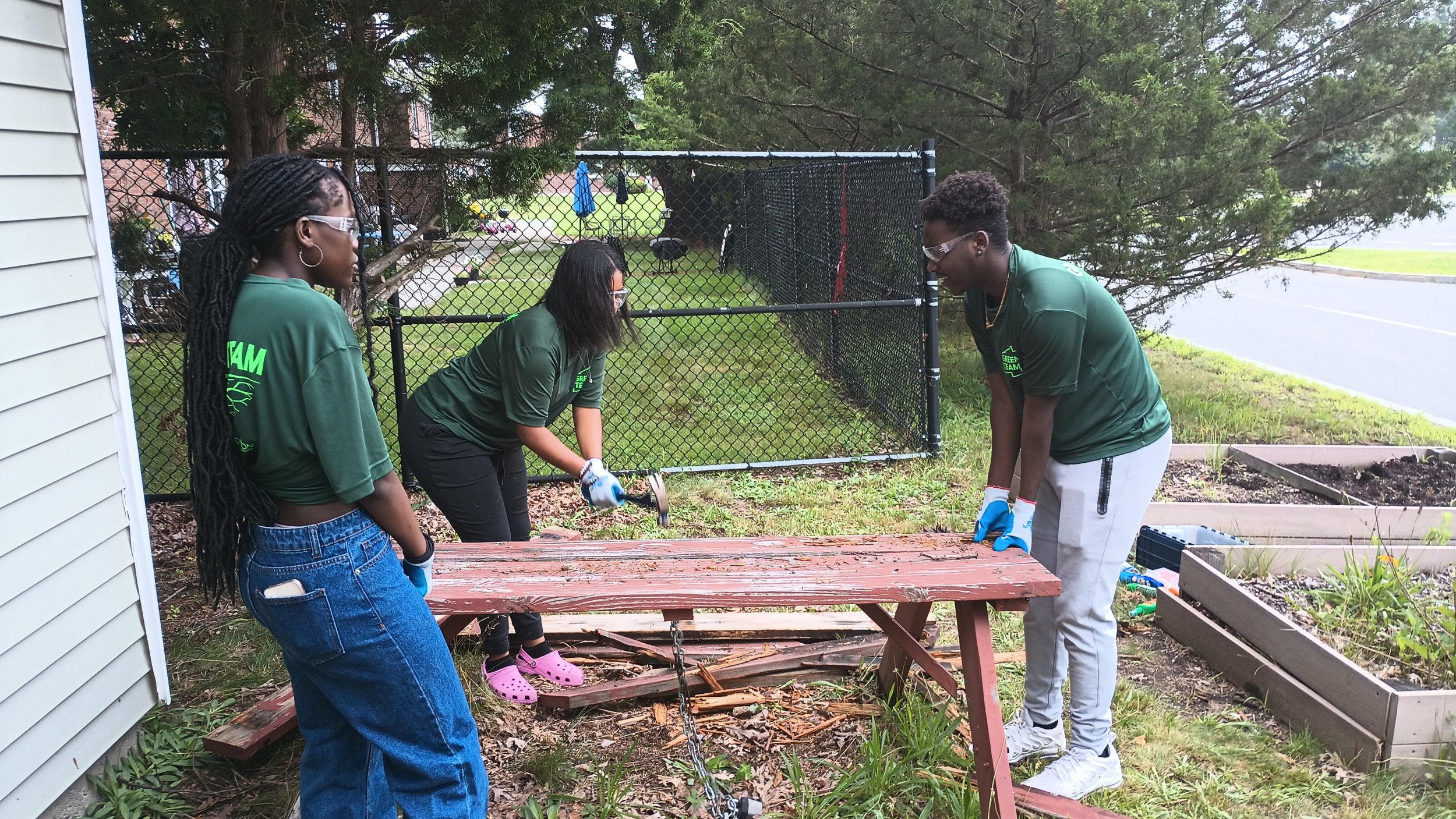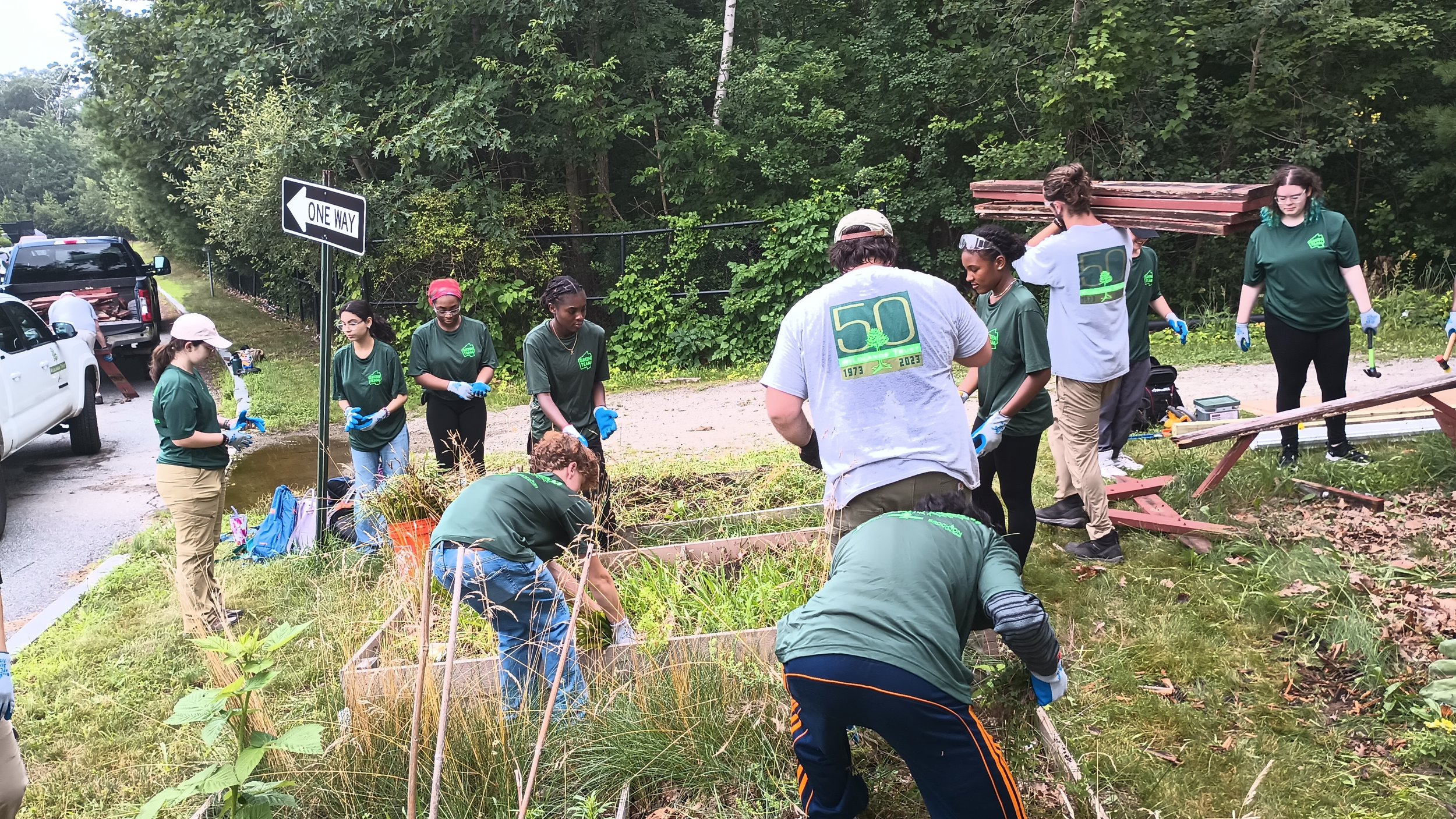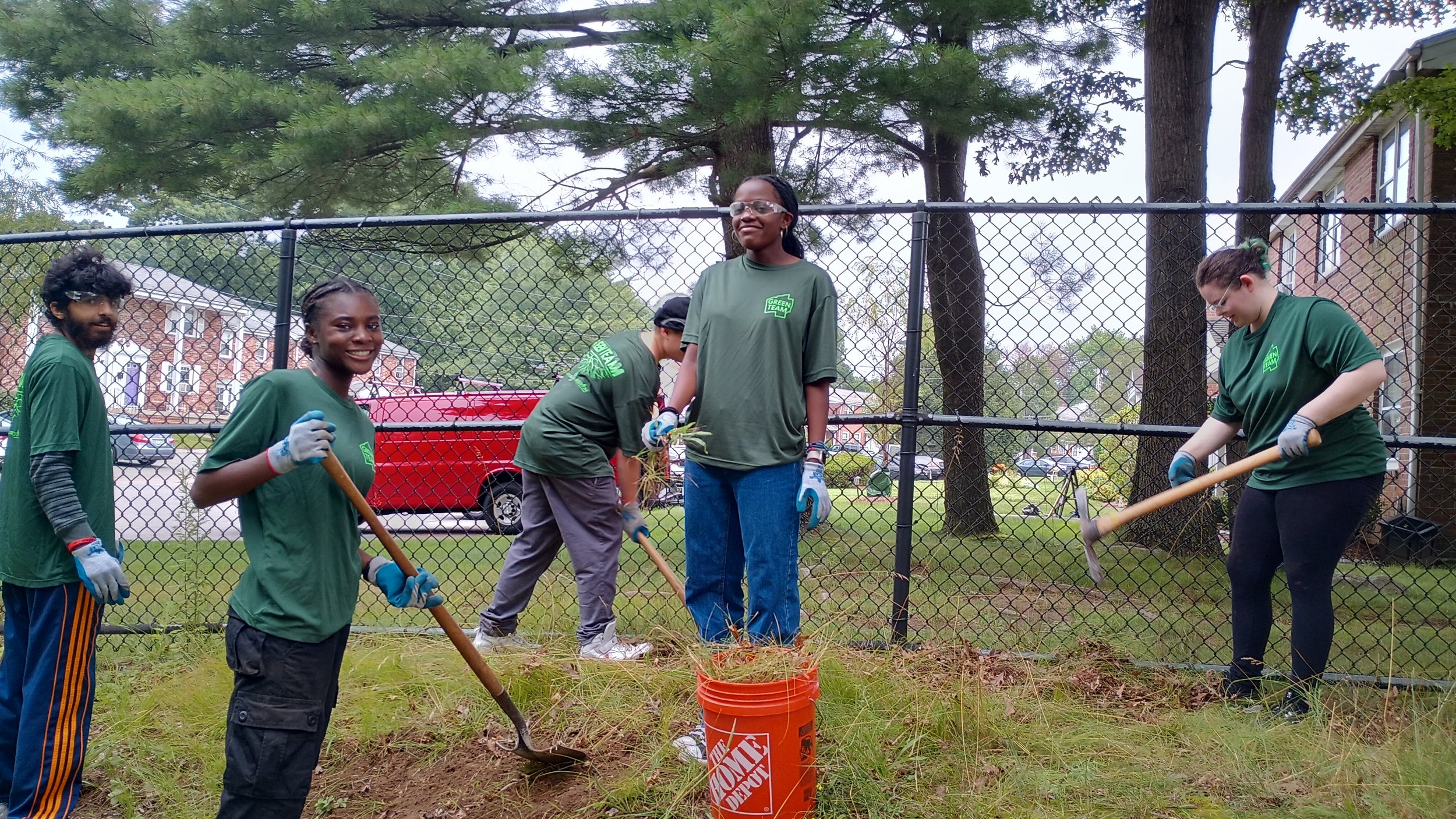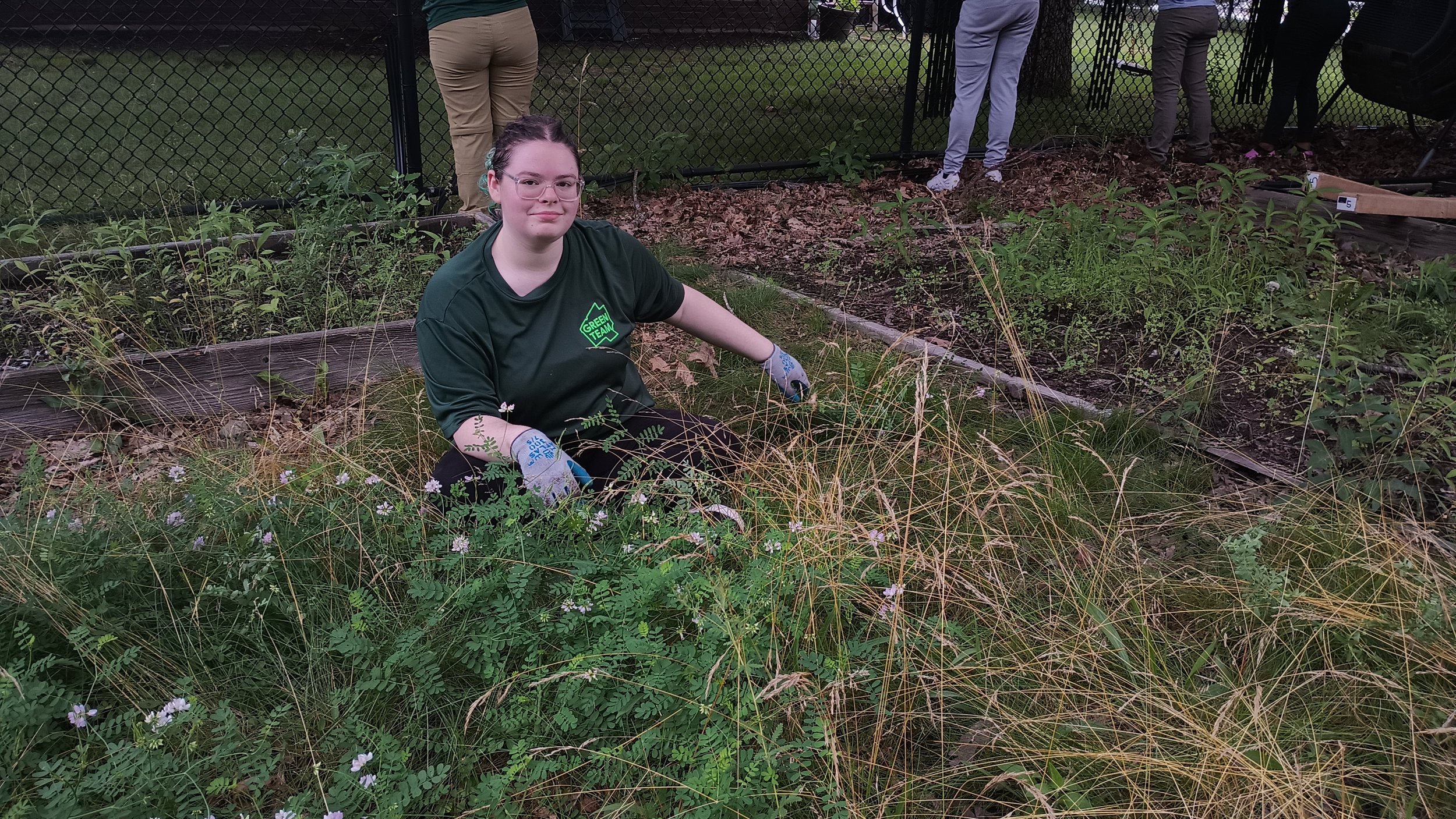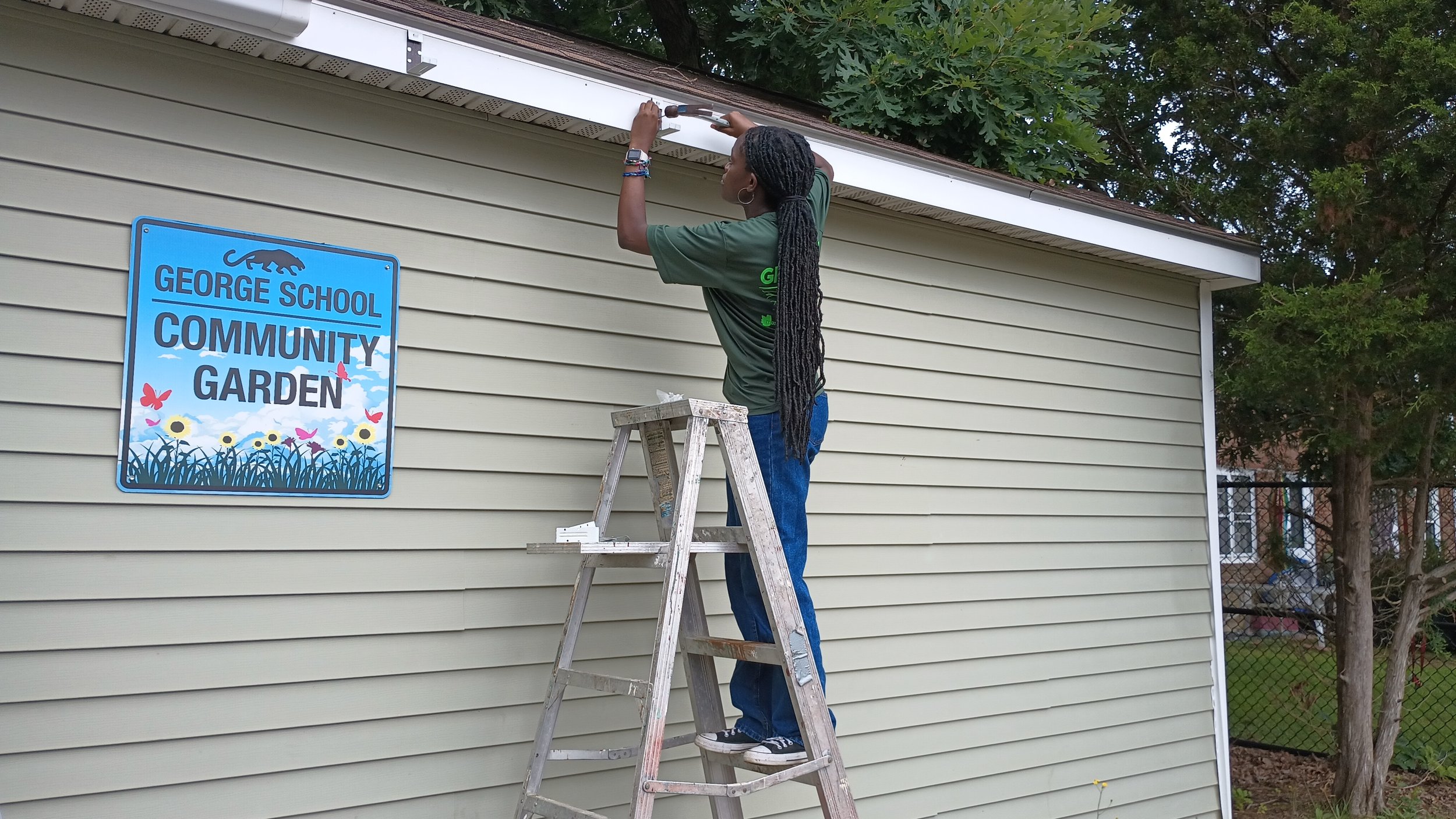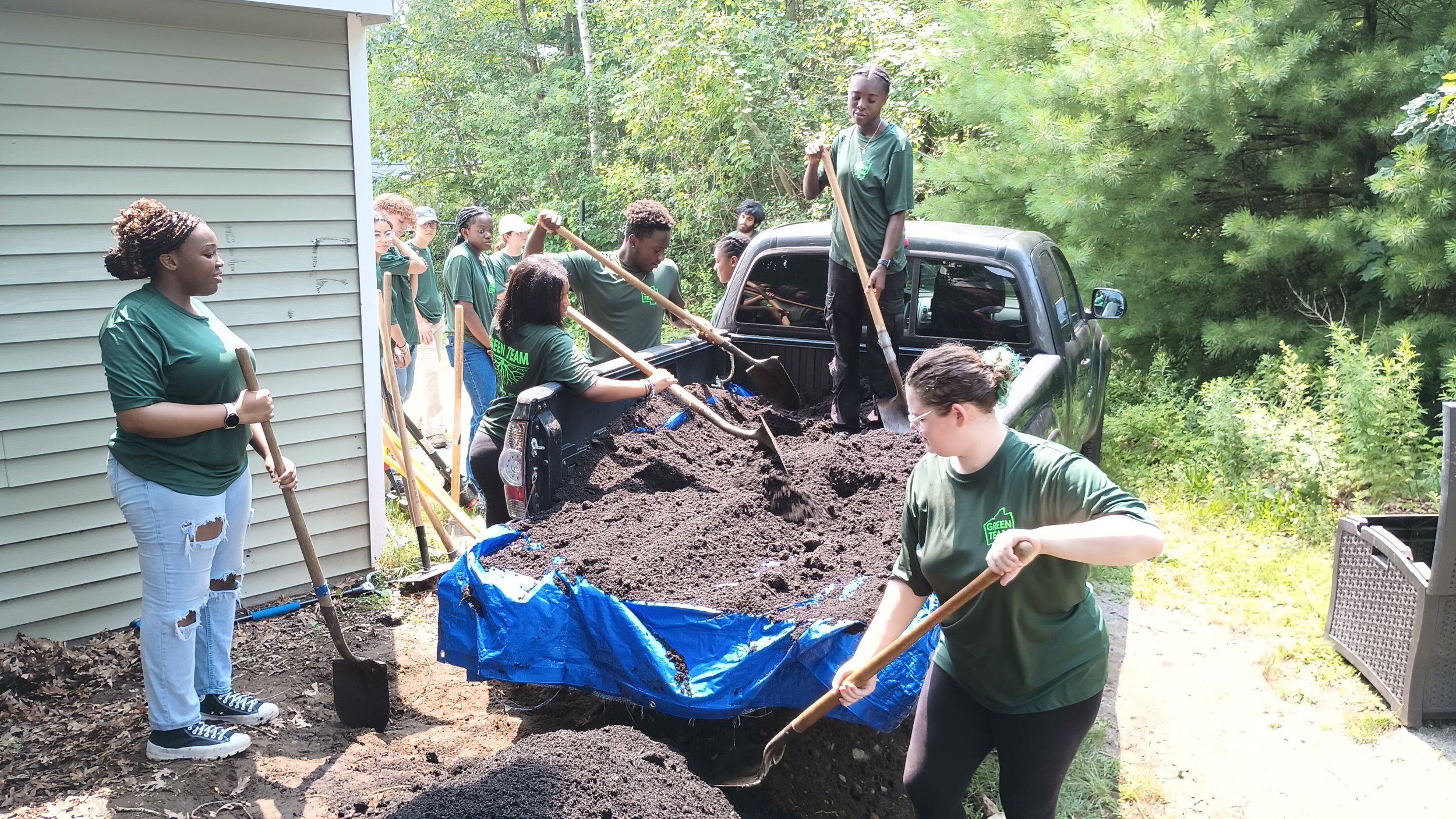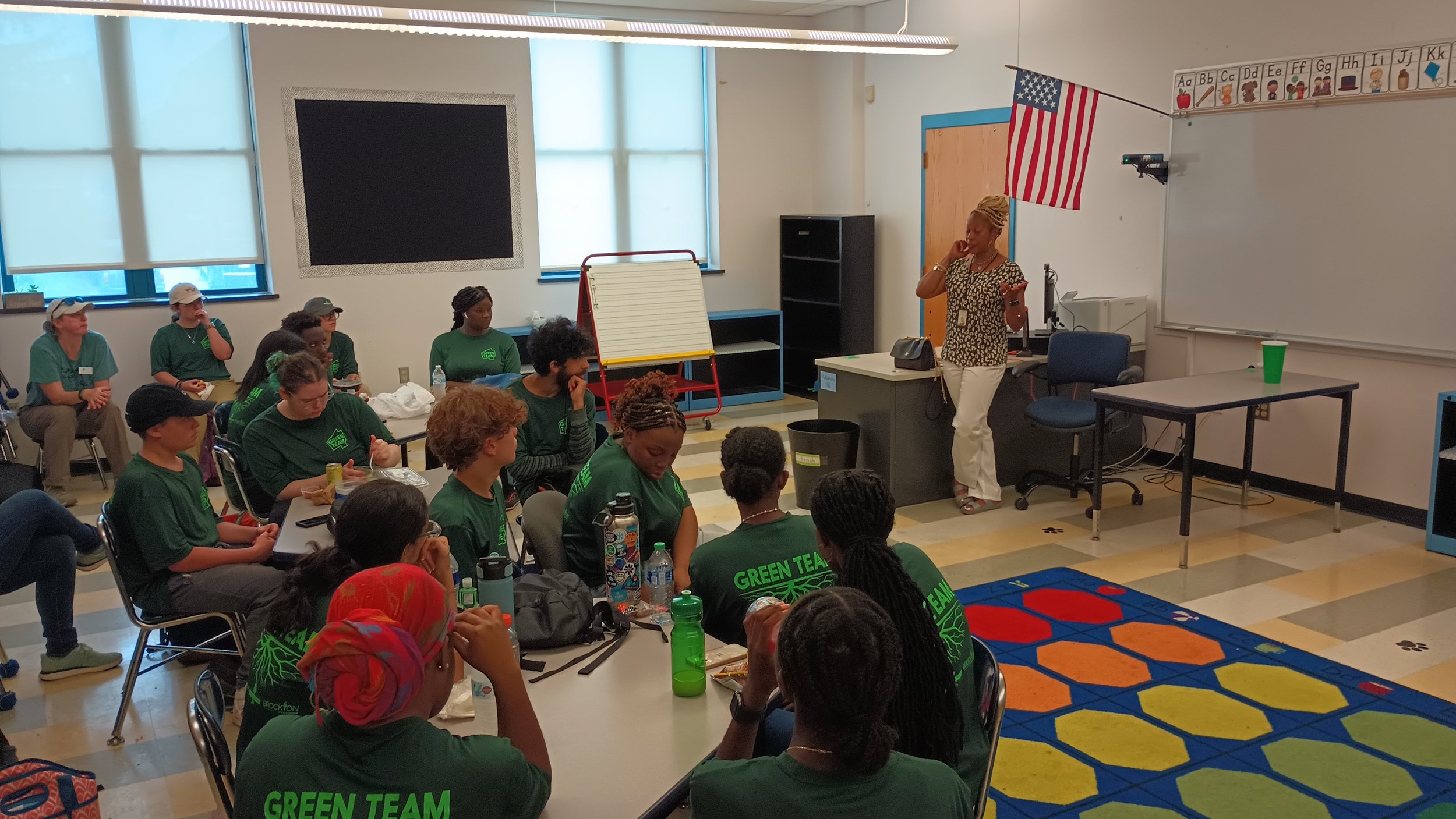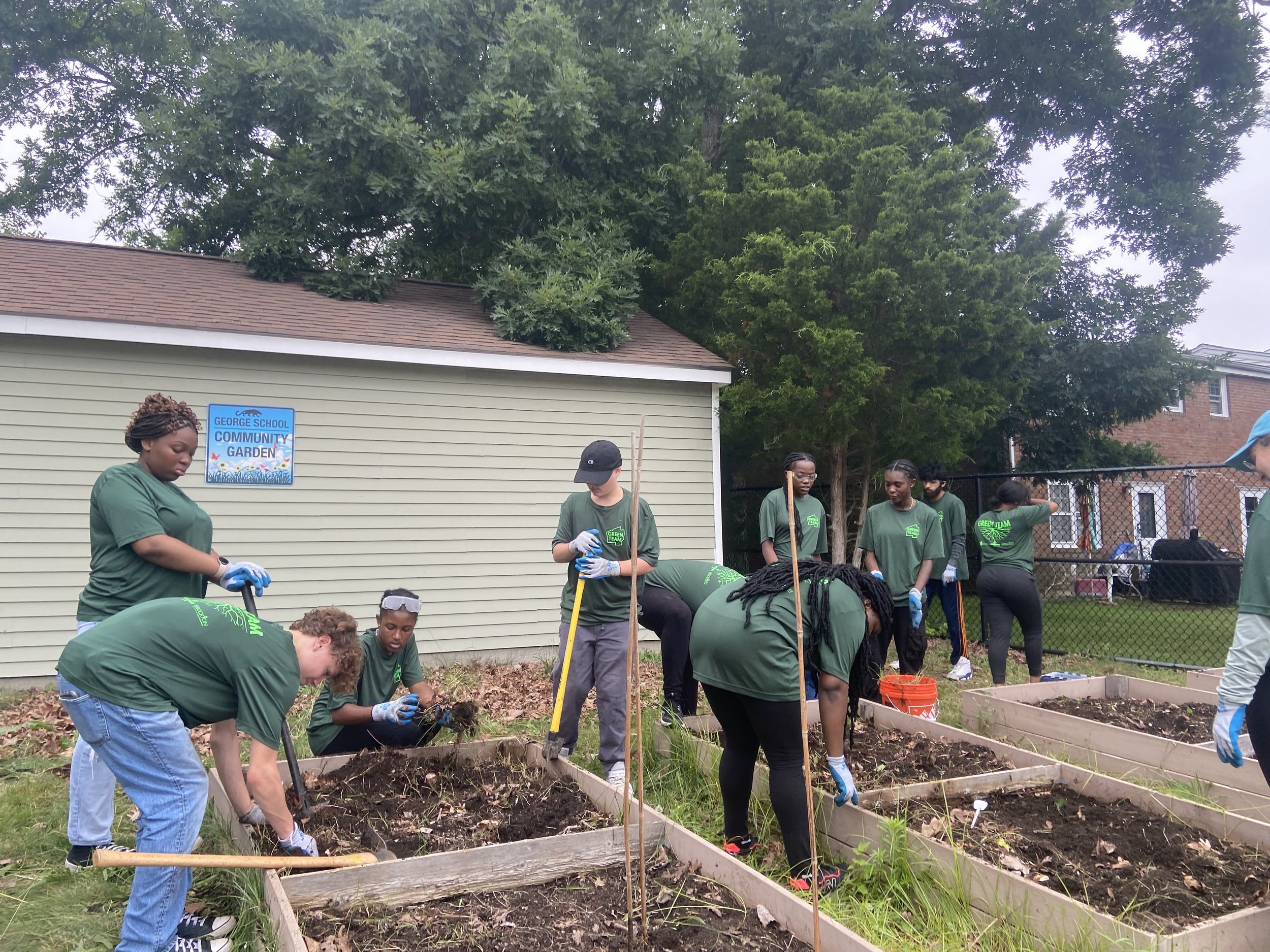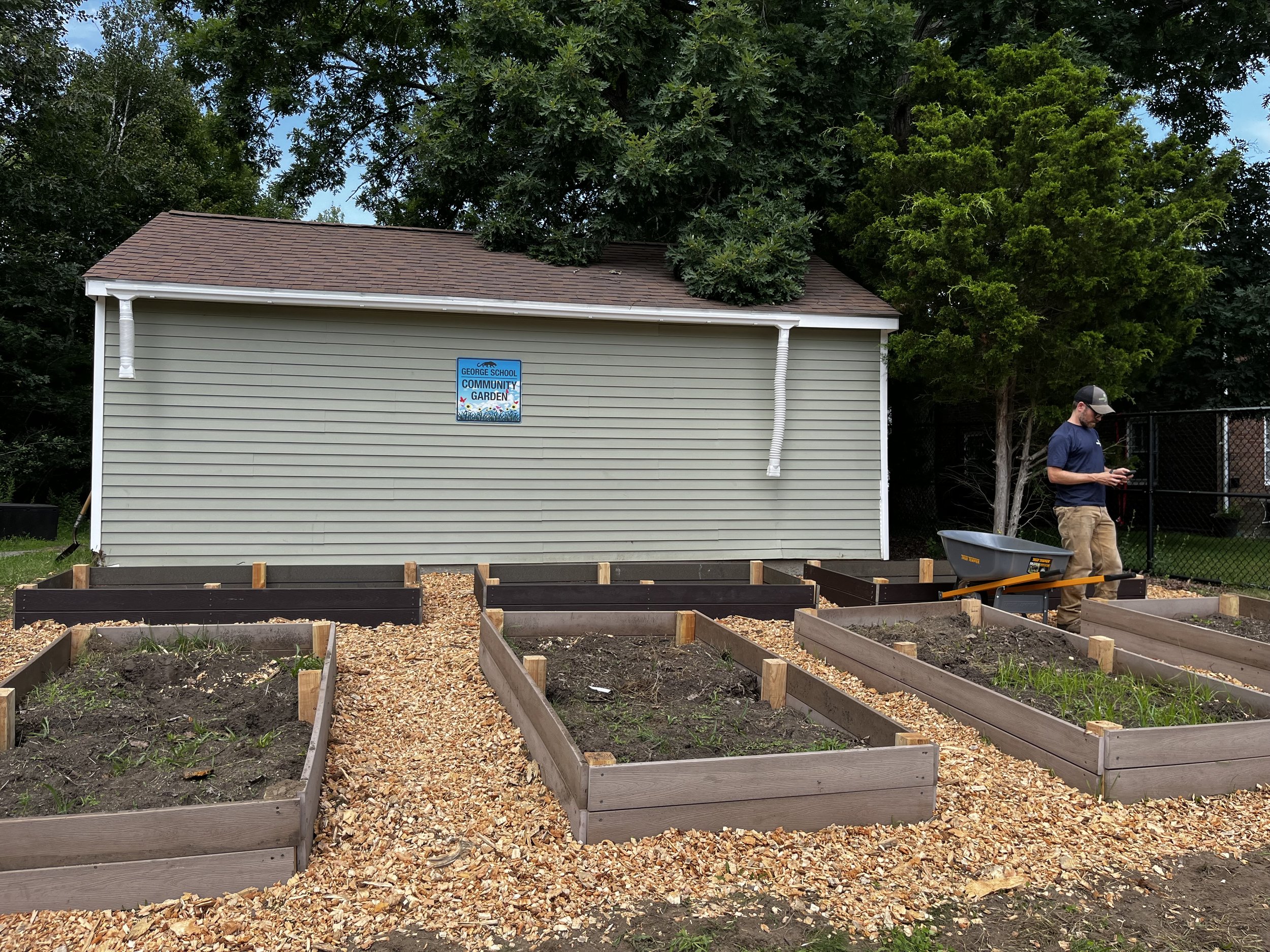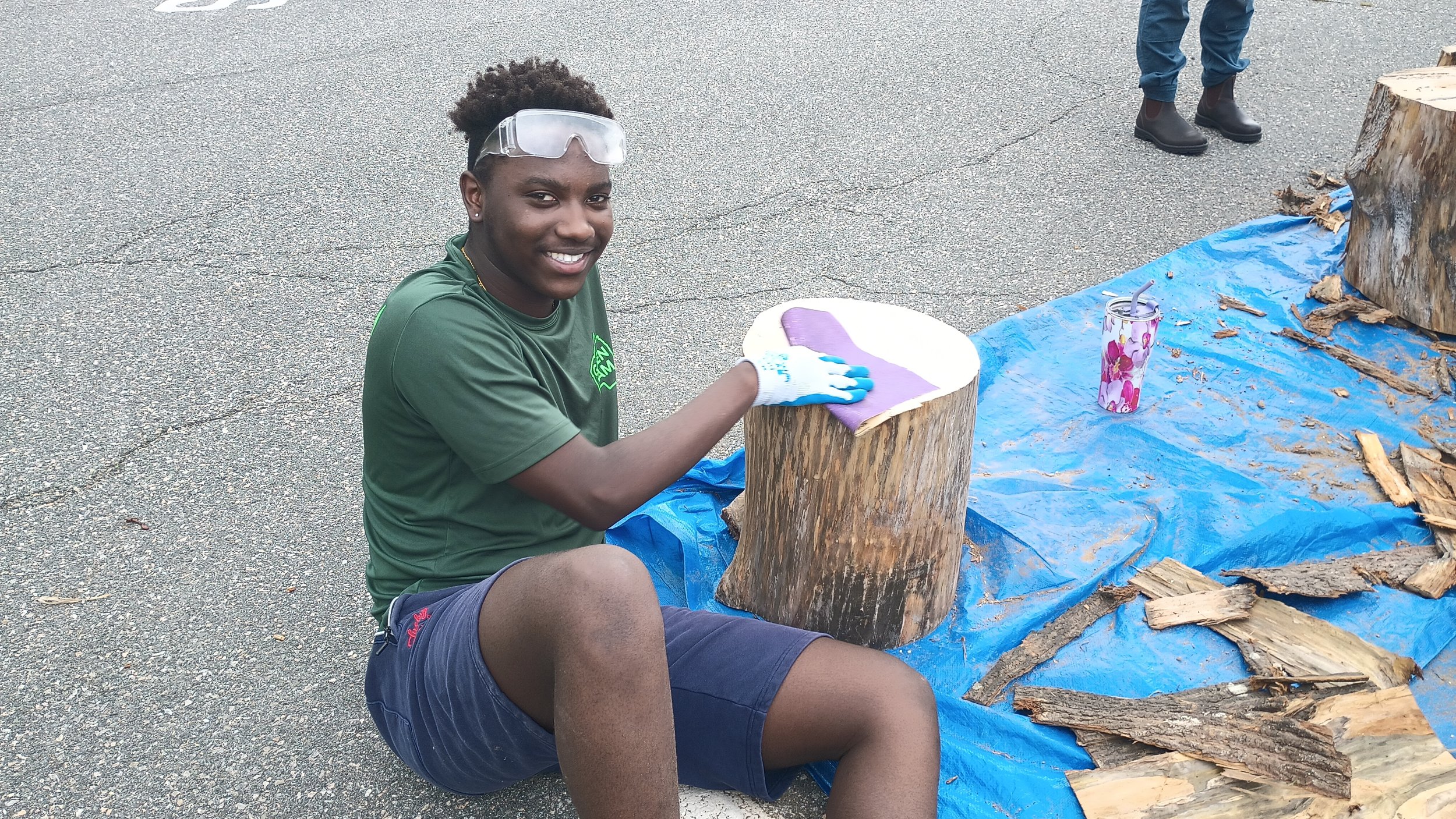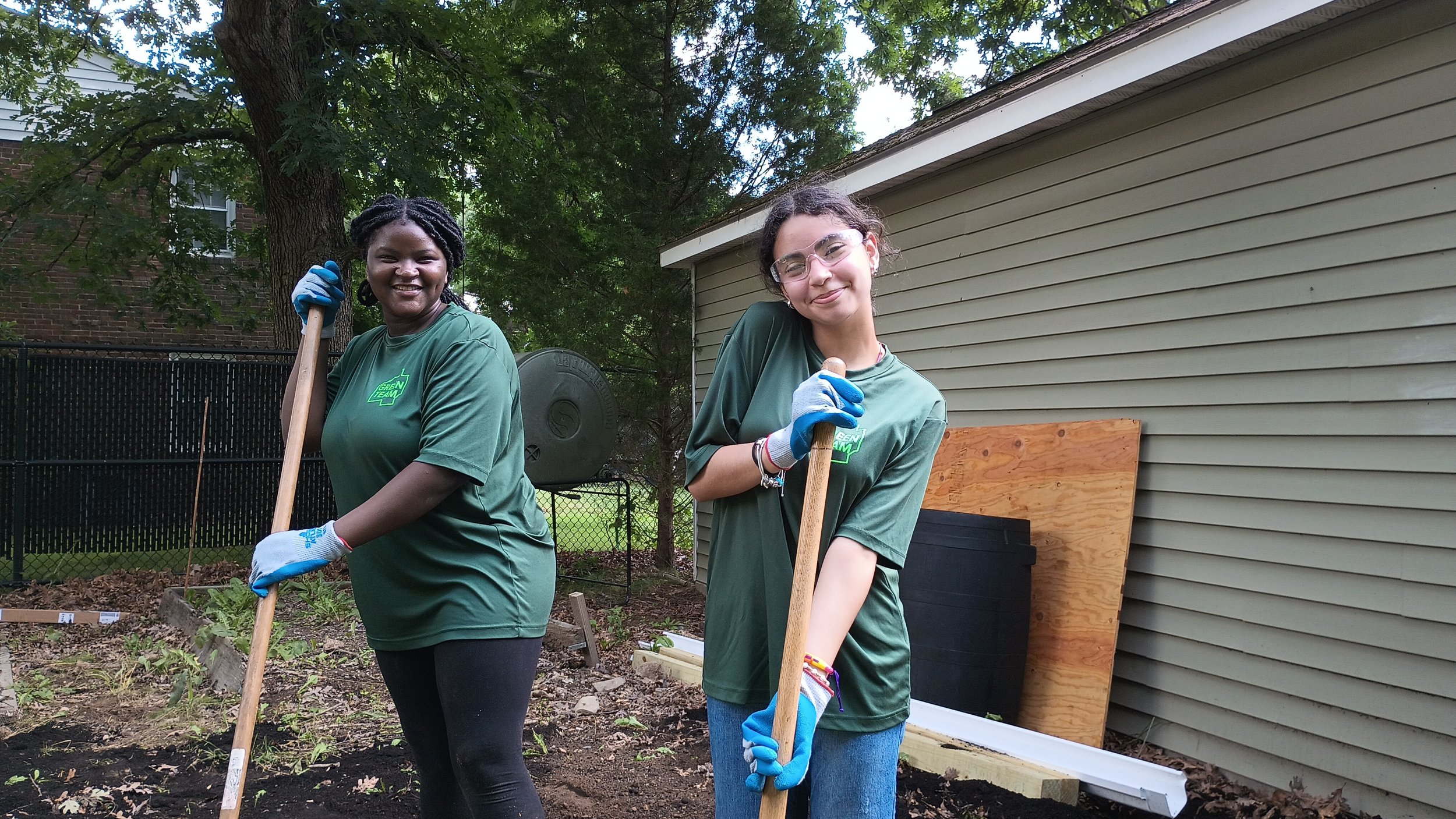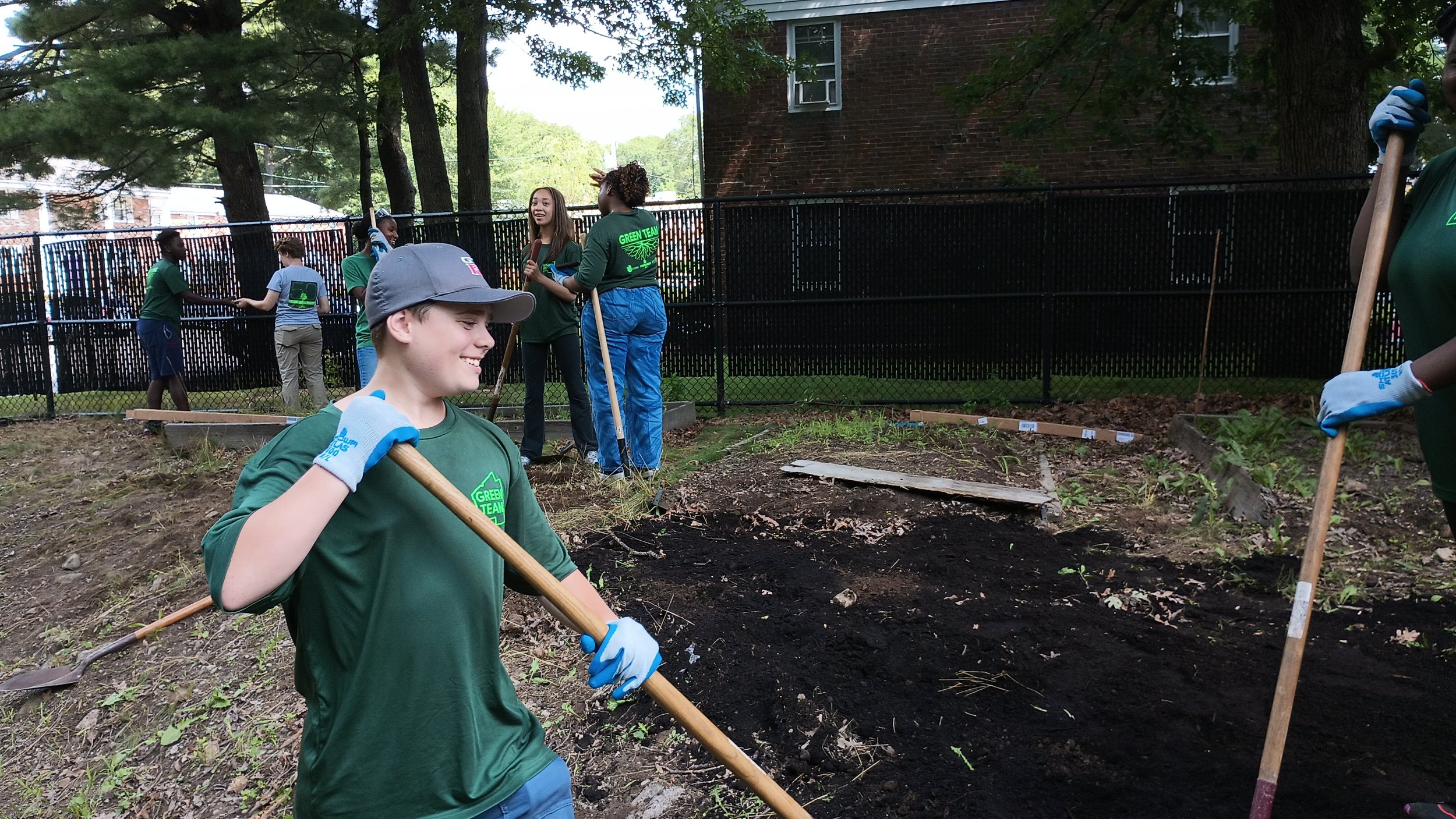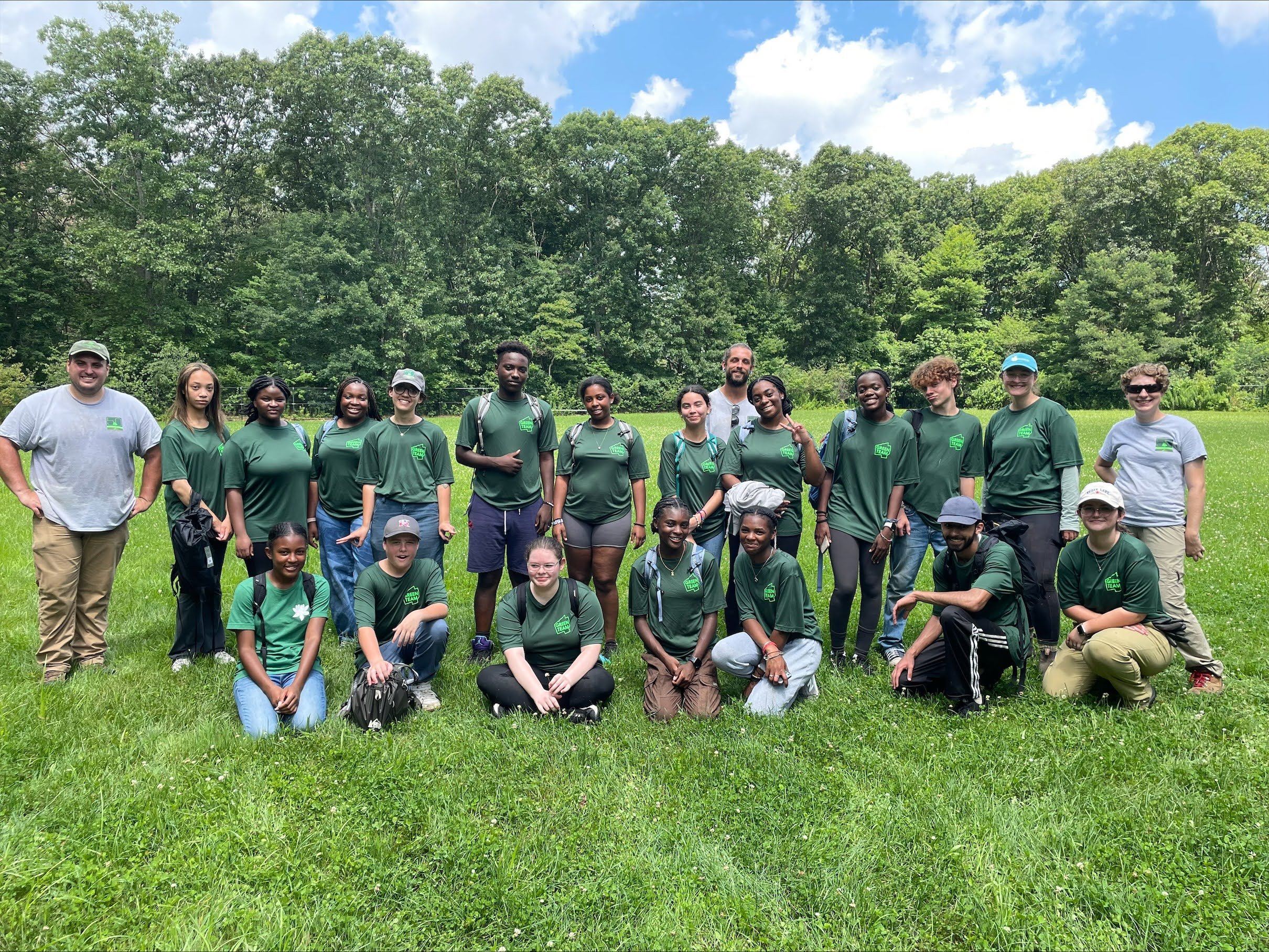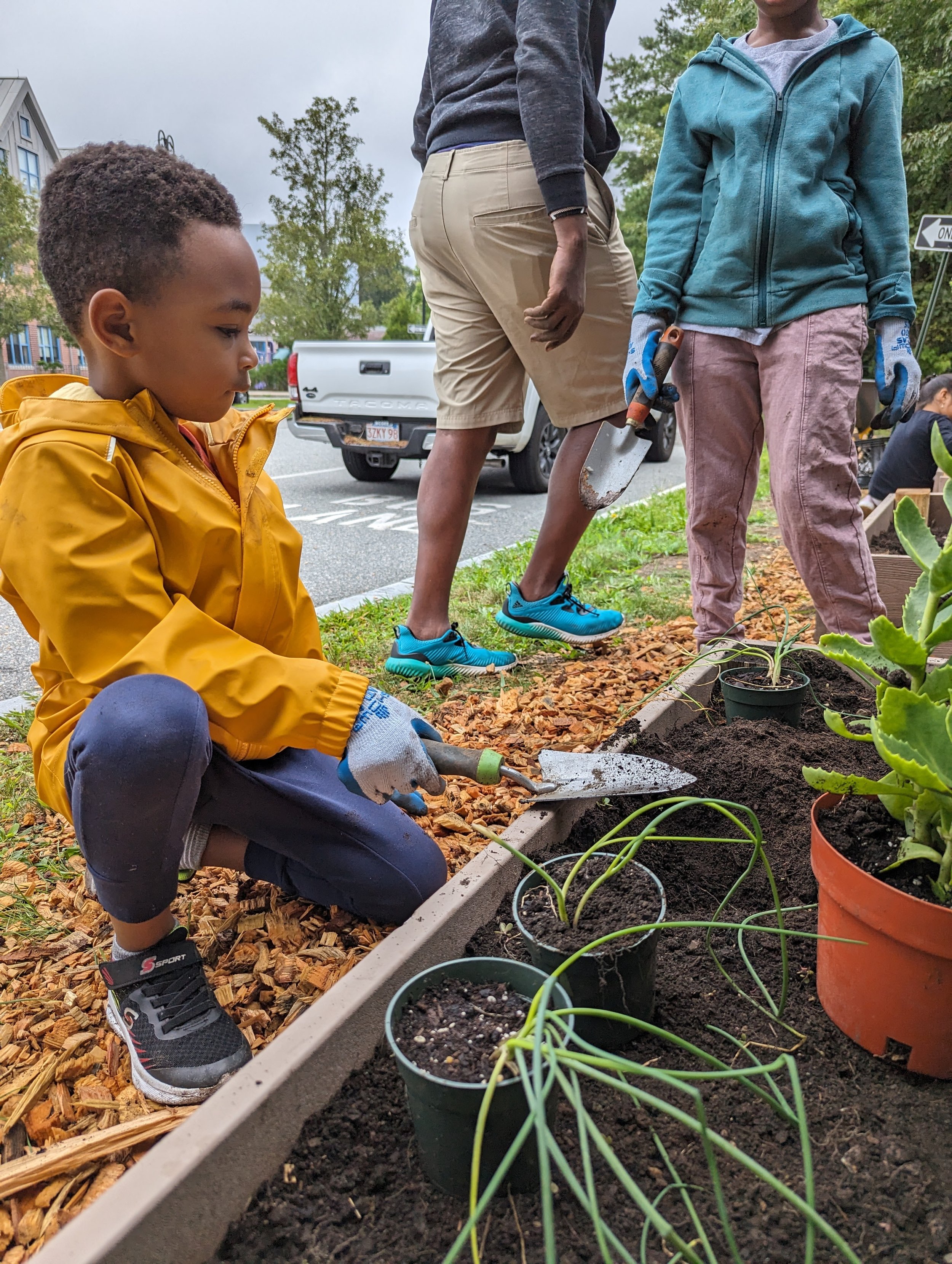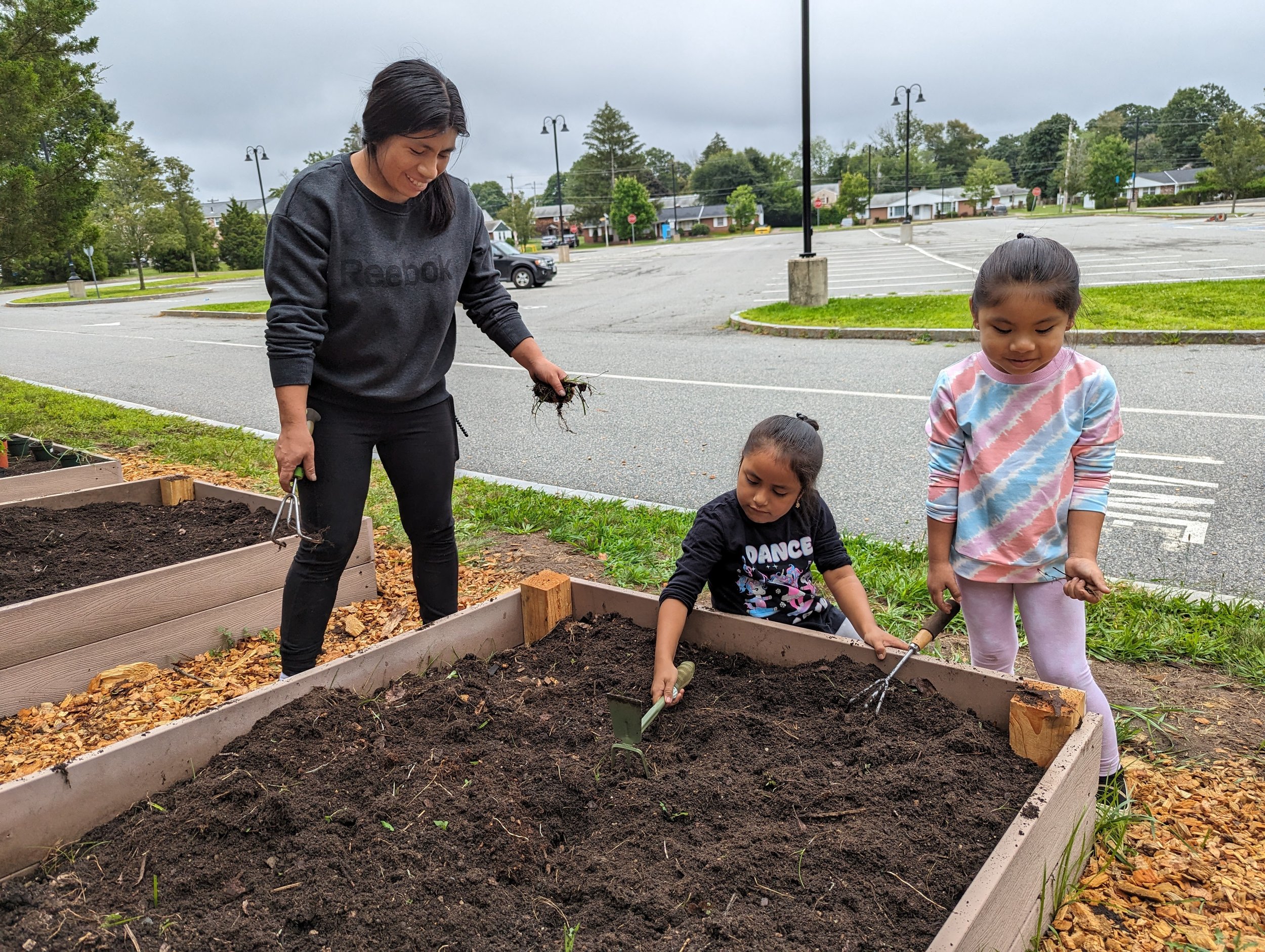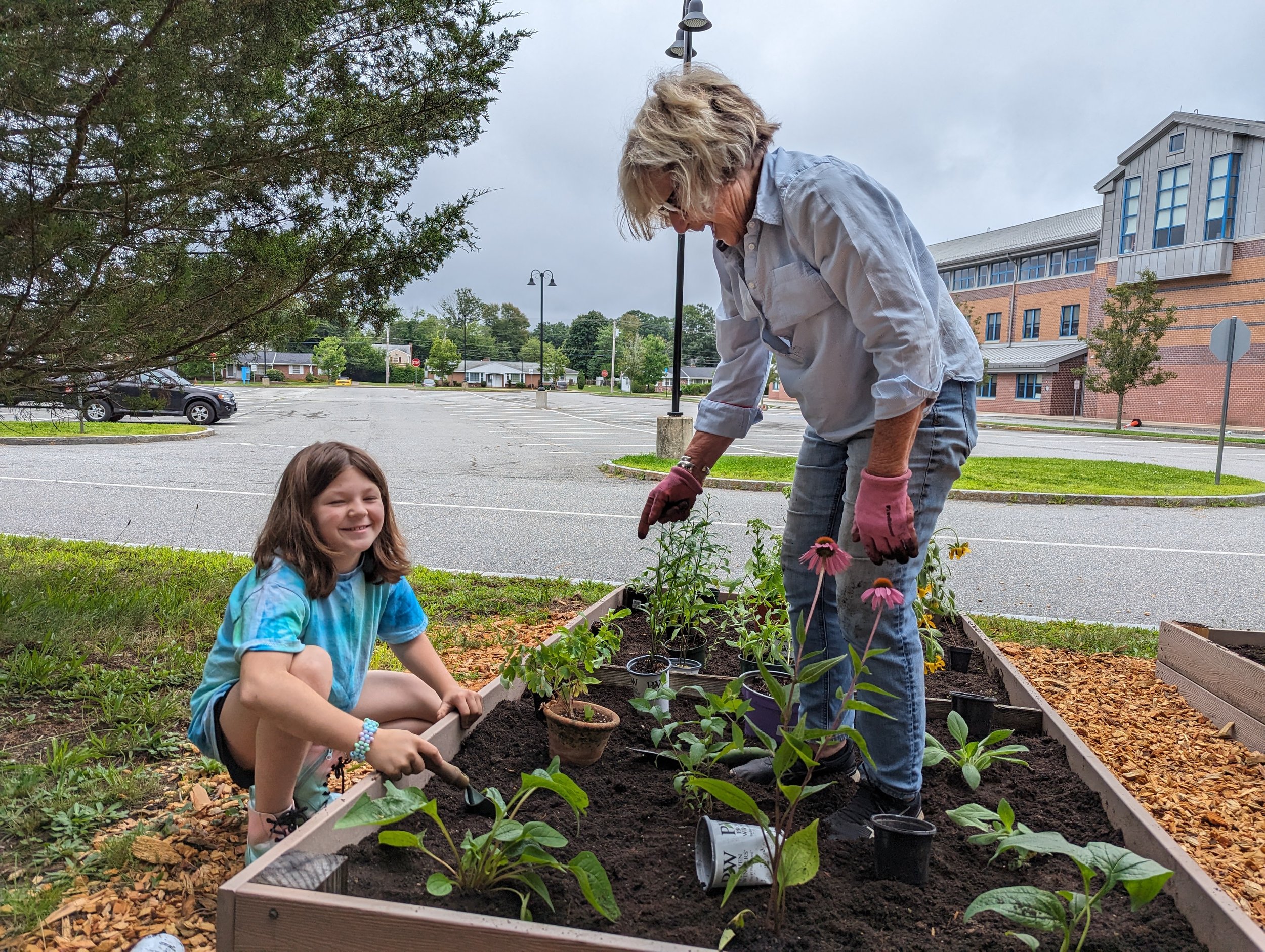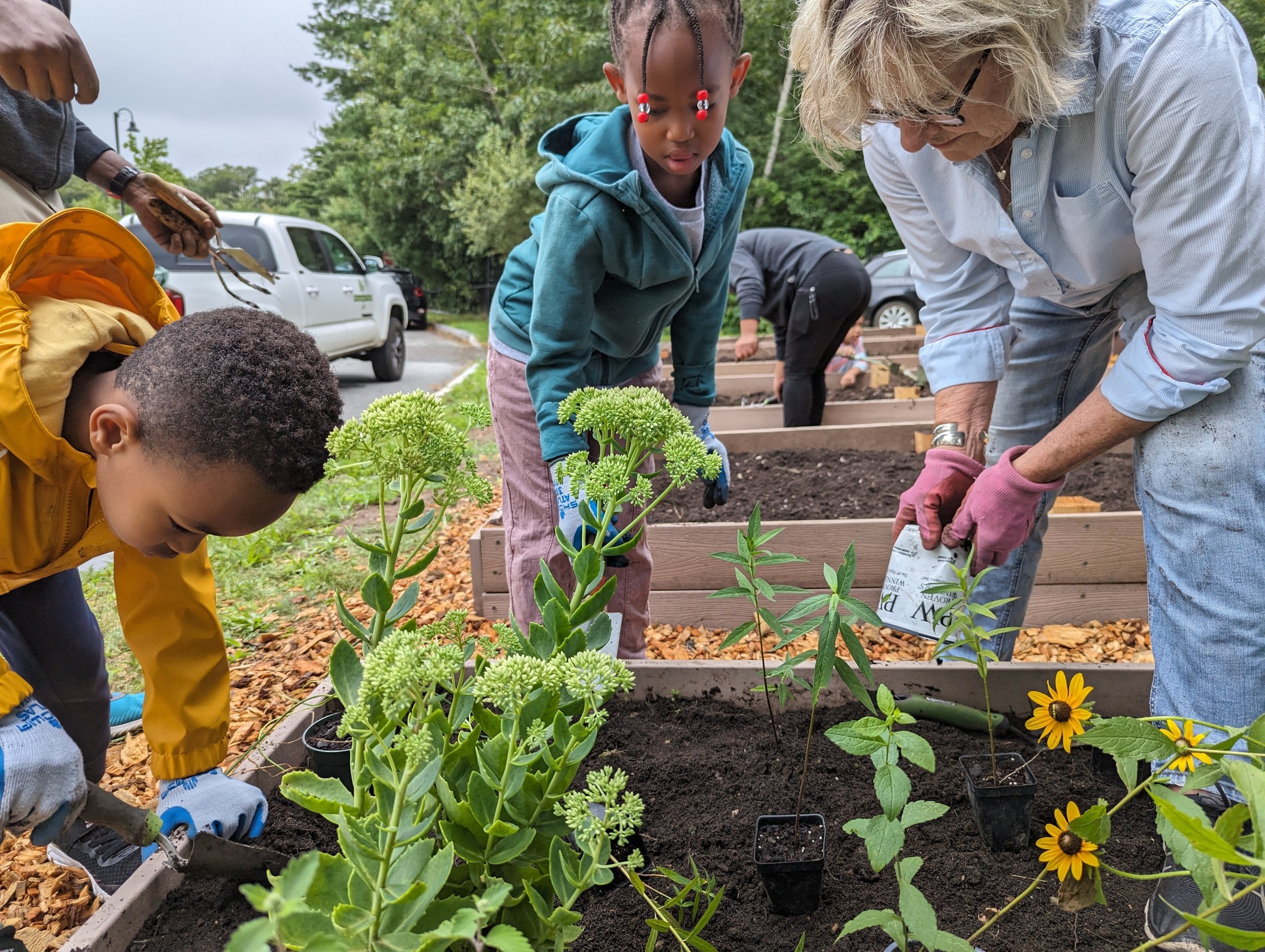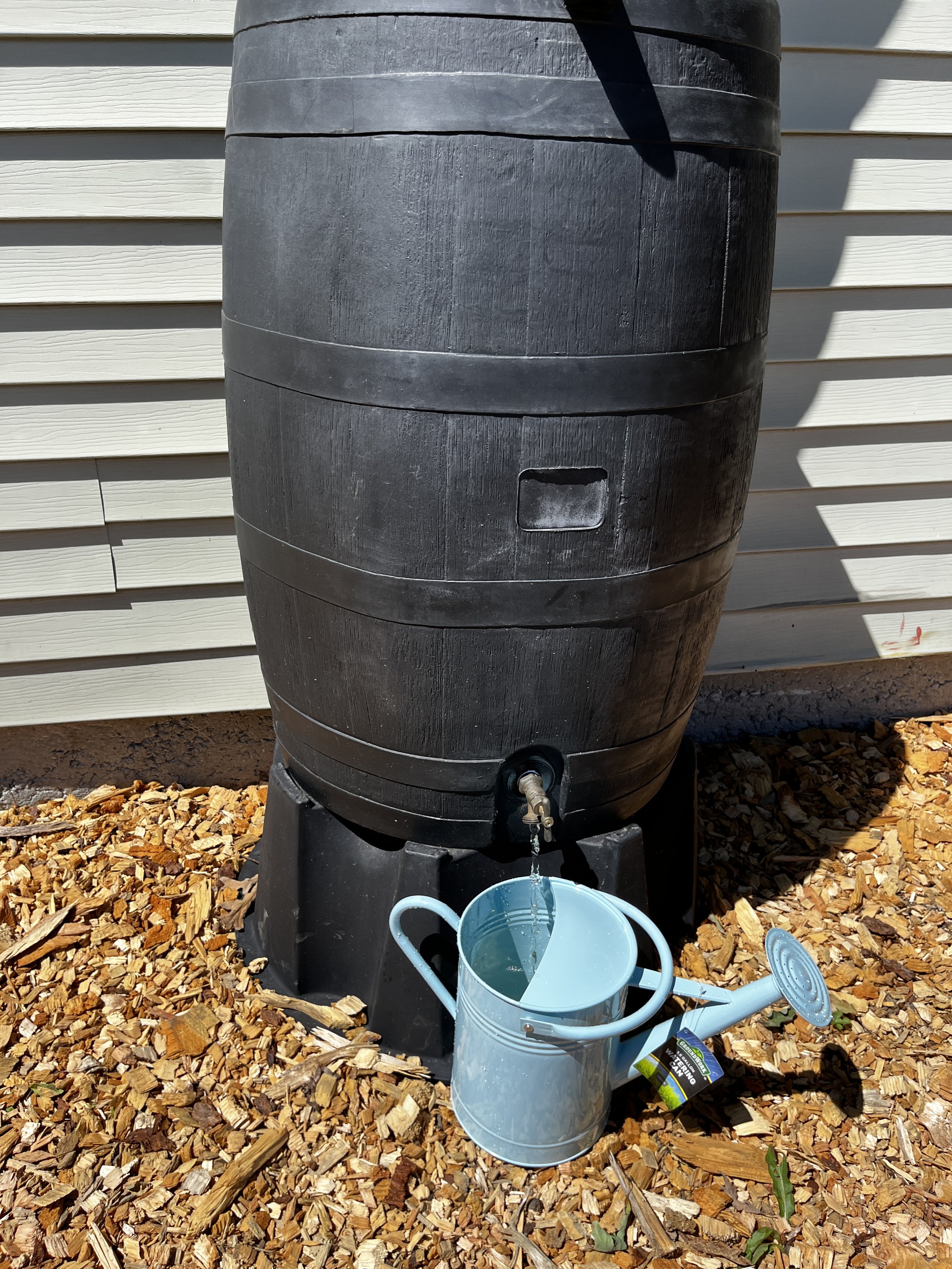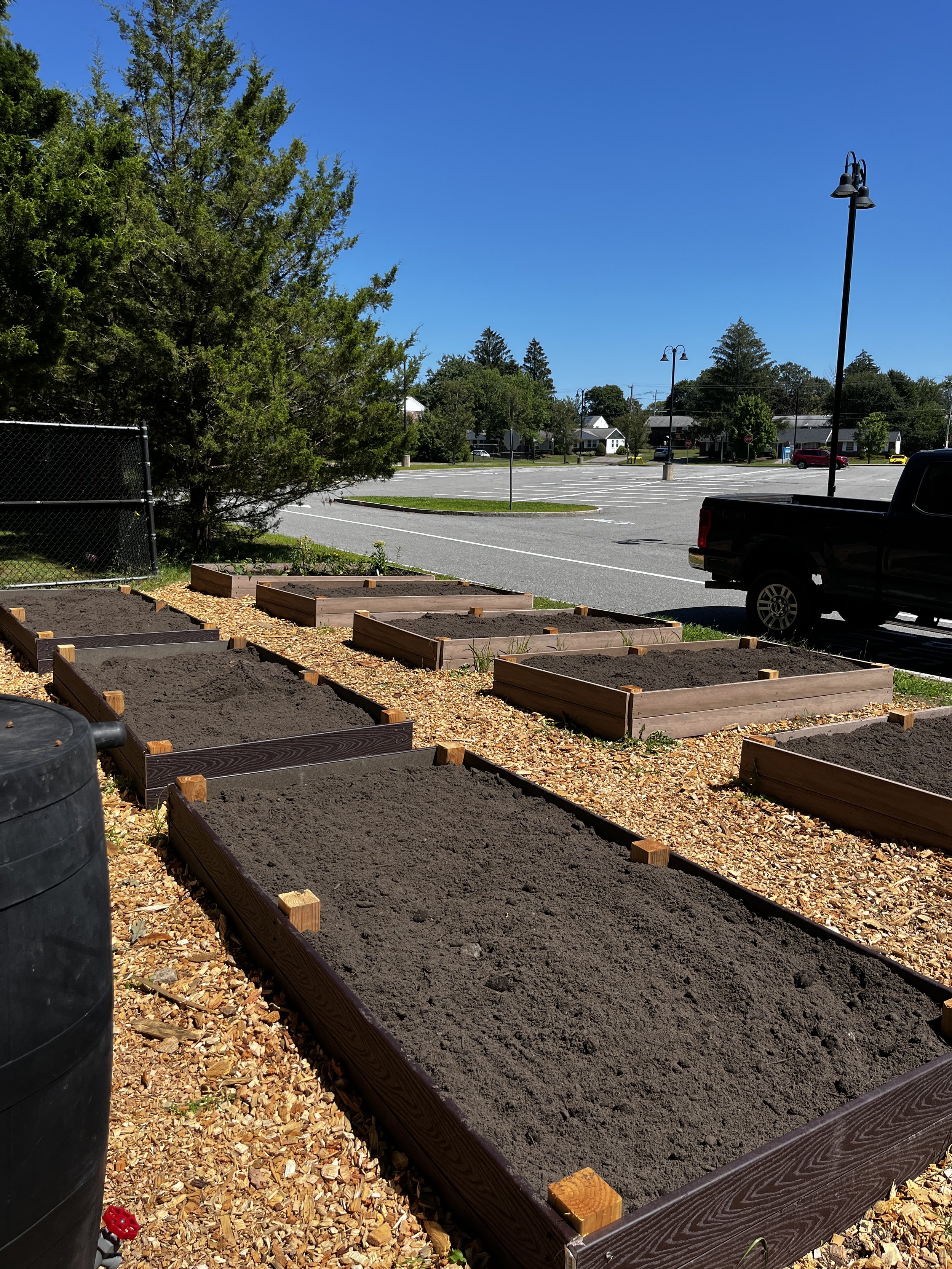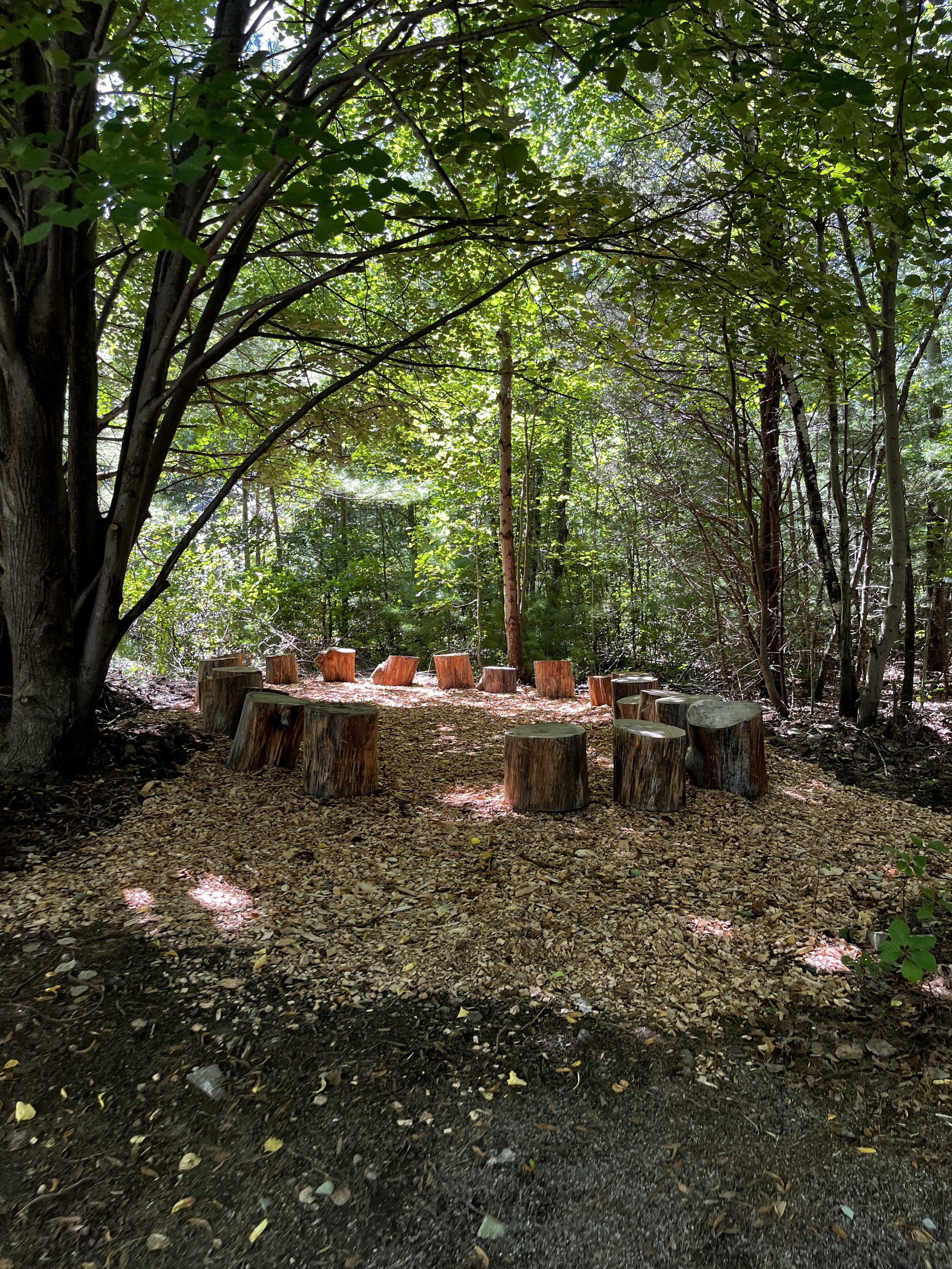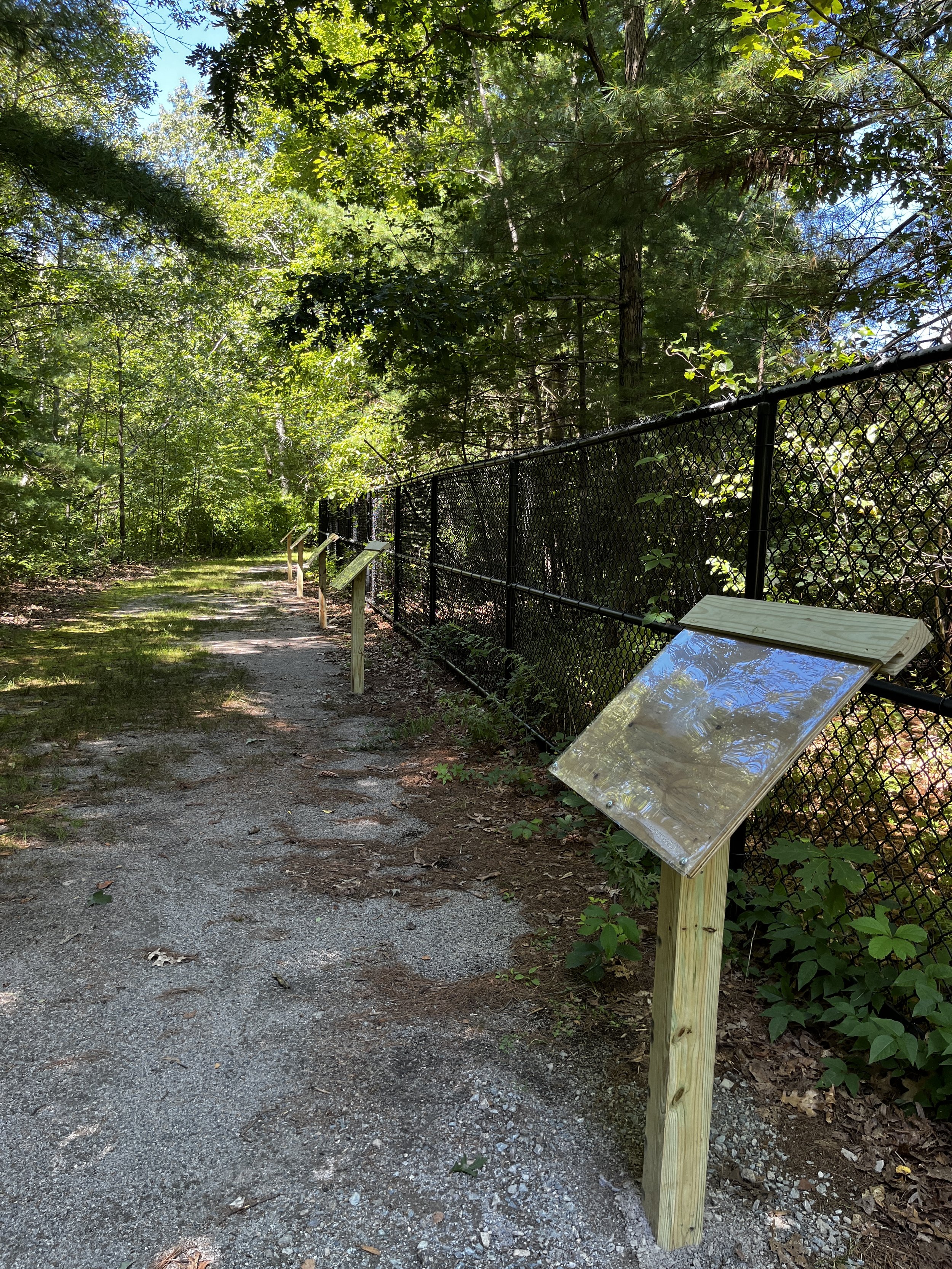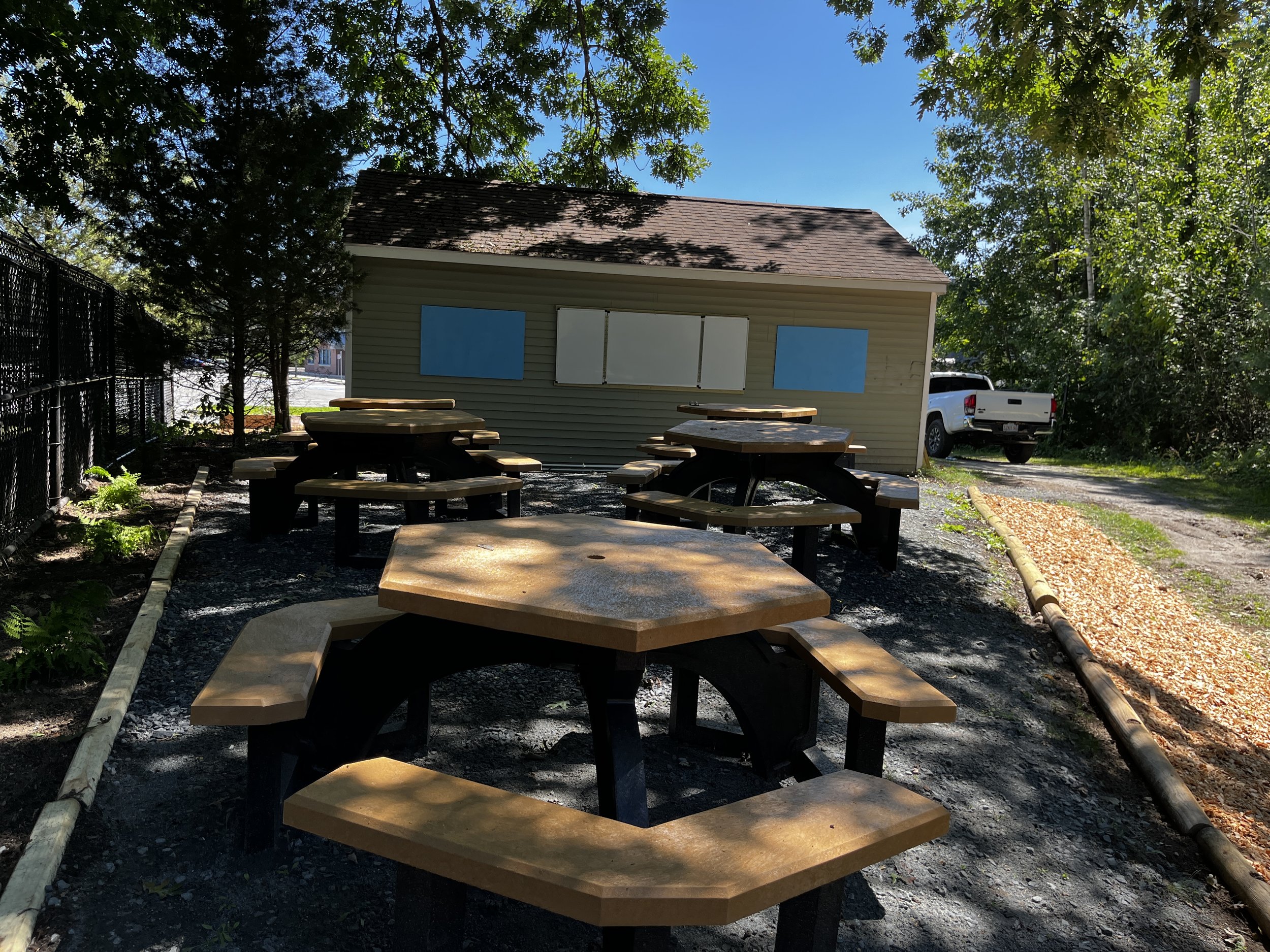By Max Phelps, Programming Coordinator
At Wildlands Trust, volunteers are integral to the work we do. We always appreciate our volunteers, but sometimes we must put sandwiches and cookies where our mouths are; our volunteers deserve no less.
On December 9, Wildlands hosted an appreciation lunch for our Adopt-A-Preserve (AAP) and hike leader volunteers at the Stewardship Training Center. Volunteers gathered in our holiday-decorated home beside a (virtual) fire to see old friends and meet new ones.
Our Adopt-A-Preserve program is an incredibly helpful and simple way for people to volunteer with Wildlands, but it can be somewhat solitary, so it’s important to build community through social gatherings. Most of our hike leaders started as AAP volunteers, so it was great to bring both groups together. After sitting down to a meal of sandwiches, soup, and salad, volunteers shared how they first got involved with Wildlands Trust. Stories ranged from running into staff members on the trails to posting photos of downed trees on Instagram to feeling a debt of gratitude after our preserves became a safe haven during the pandemic. Our longest-tenured volunteer has been working with us since 1999. Regardless of how or when their stories began, all our volunteers expressed a love for the work they do and an appreciation for what Wildlands does for the community and natural world.
Zoë, our Stewardship Programs Manager, and I shared exciting volunteer numbers from 2023, including 120 miles hiked during Wildlands programs and 8,300 acres monitored by Adopt-A-Preserve volunteers. Afterwards, many attendees joined us for a three-mile hike at Halfway Pond Conservation Area along Leona’s and Gramp’s Loops, trails that our volunteers helped build. After an especially busy summer and fall at Wildlands, it was great to take the time to relax with our volunteers and express our gratitude for the time, knowledge, and hard work they donate to Wildlands.
Thank you to all our volunteers! If you’d like to contribute your gifts to the Wildlands mission, explore our volunteer opportunities at wildlandstrust.org/volunteer or contact Zoë Smiarowski at zsmiarowski@wildlandstrust.org.
